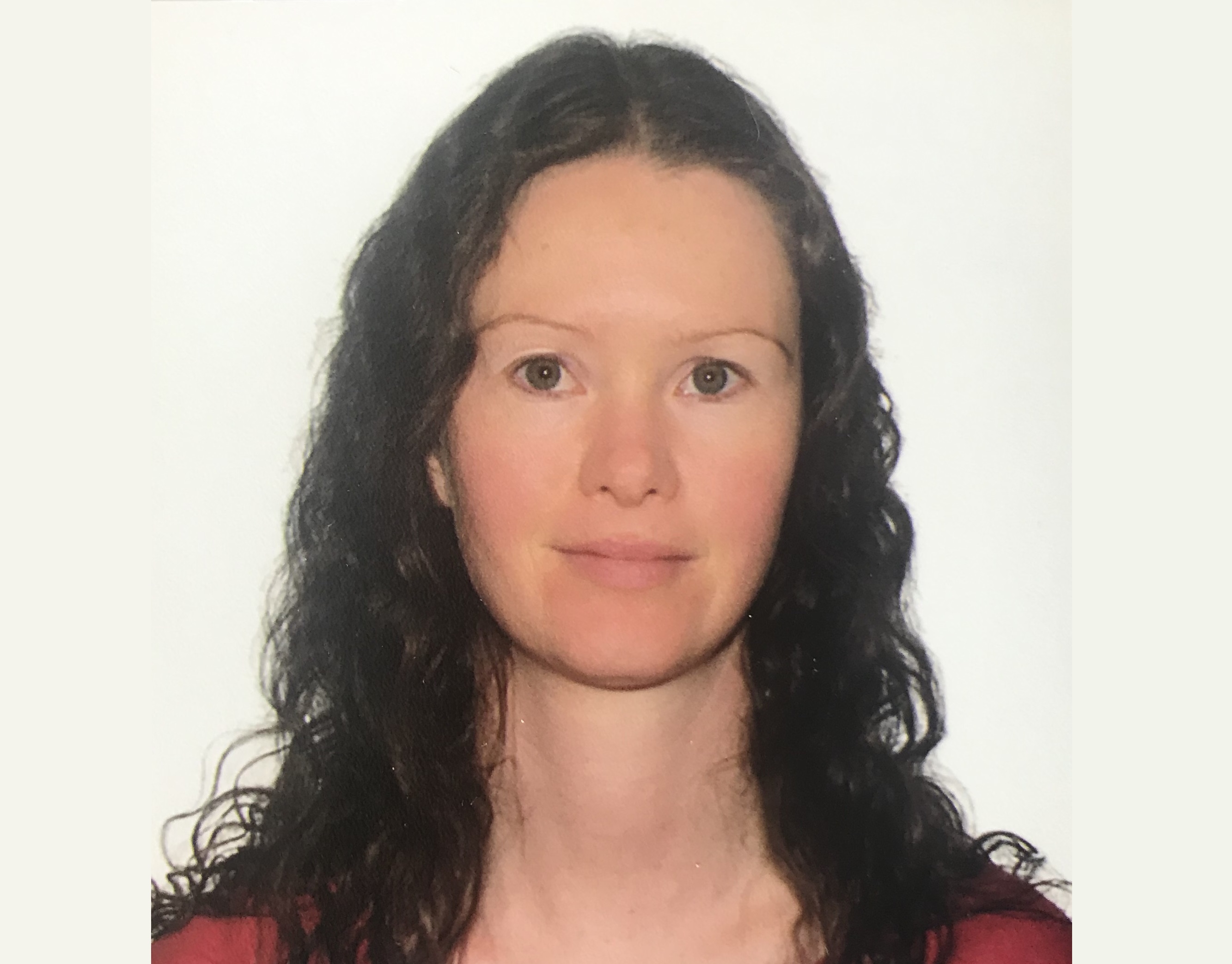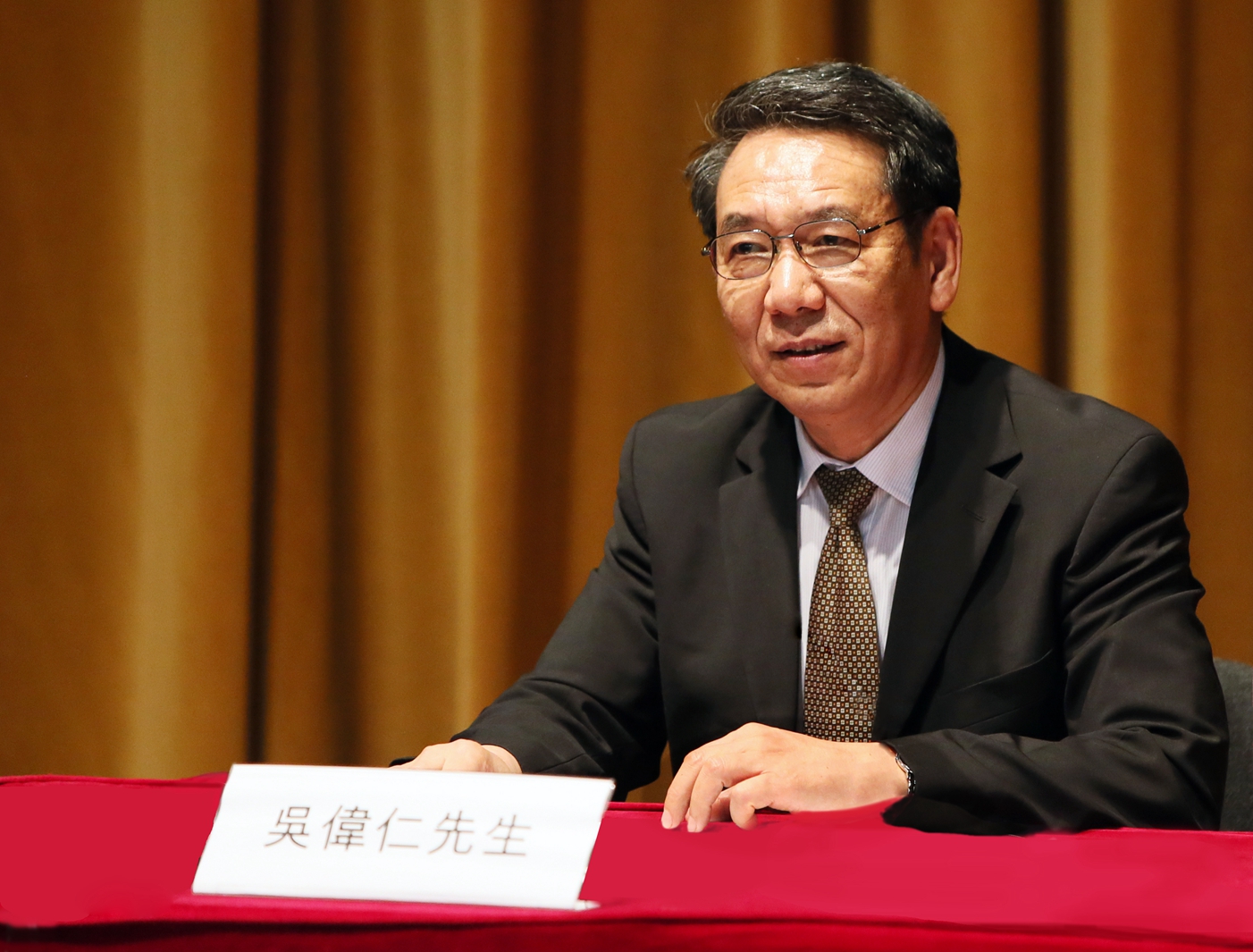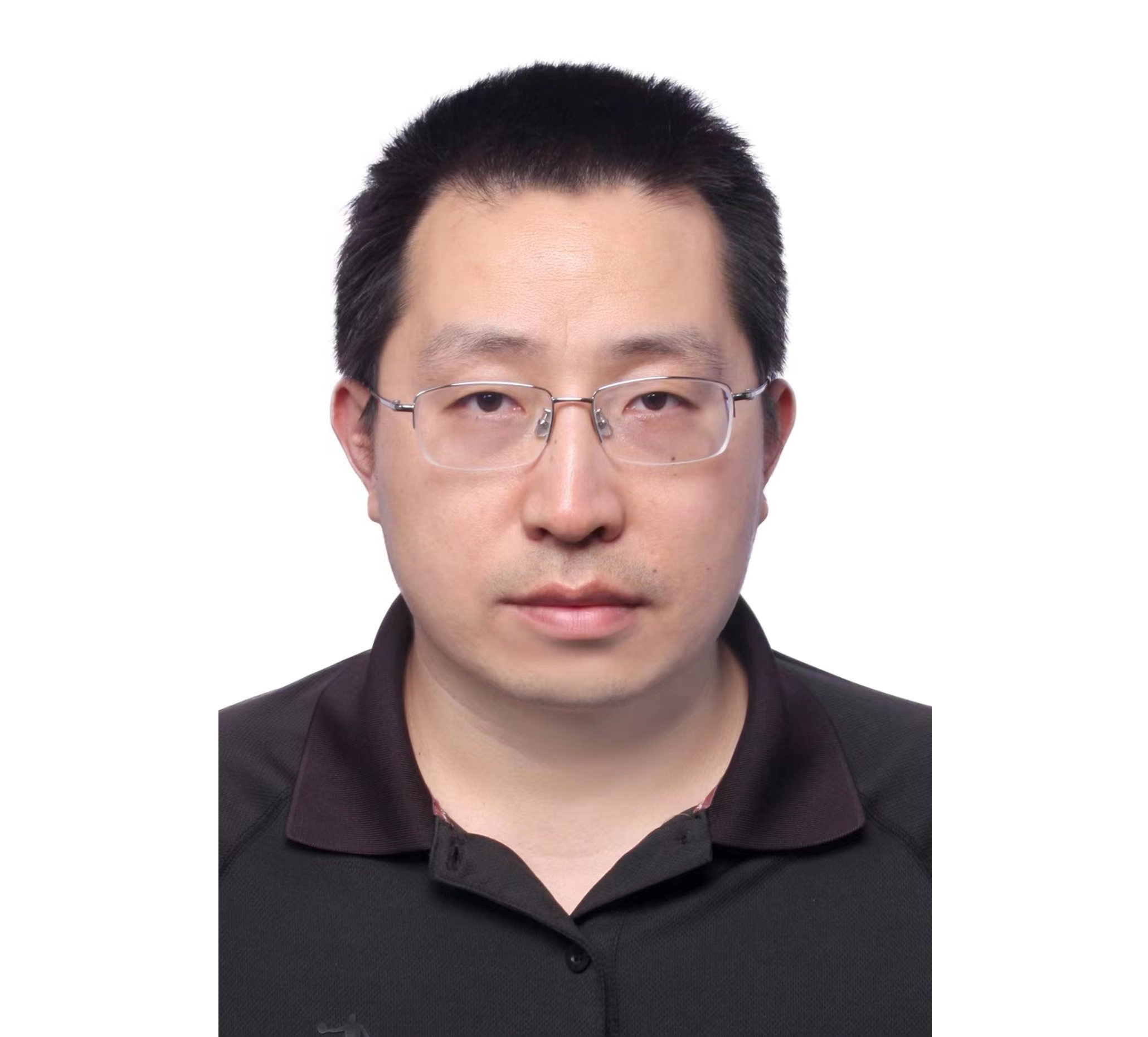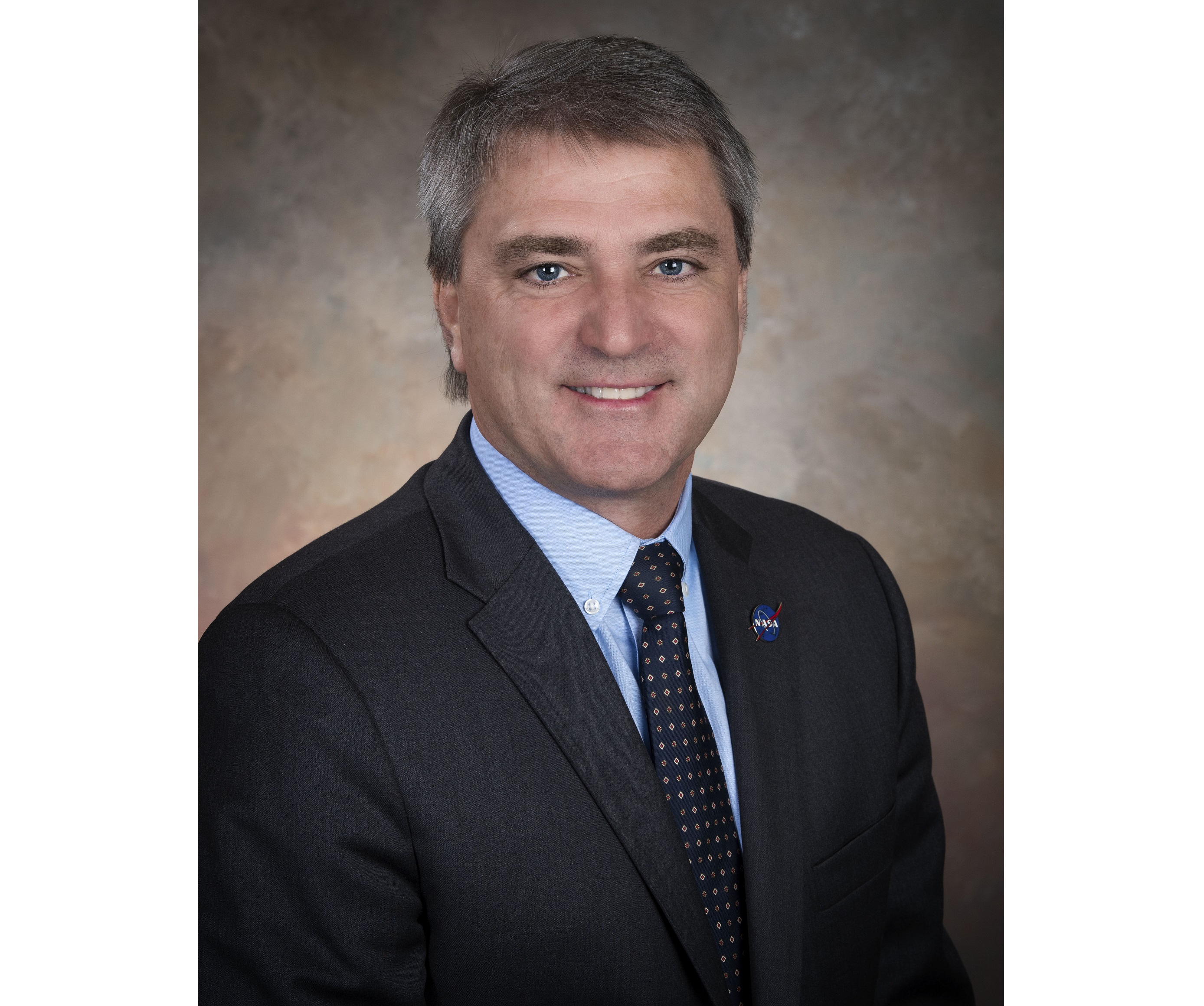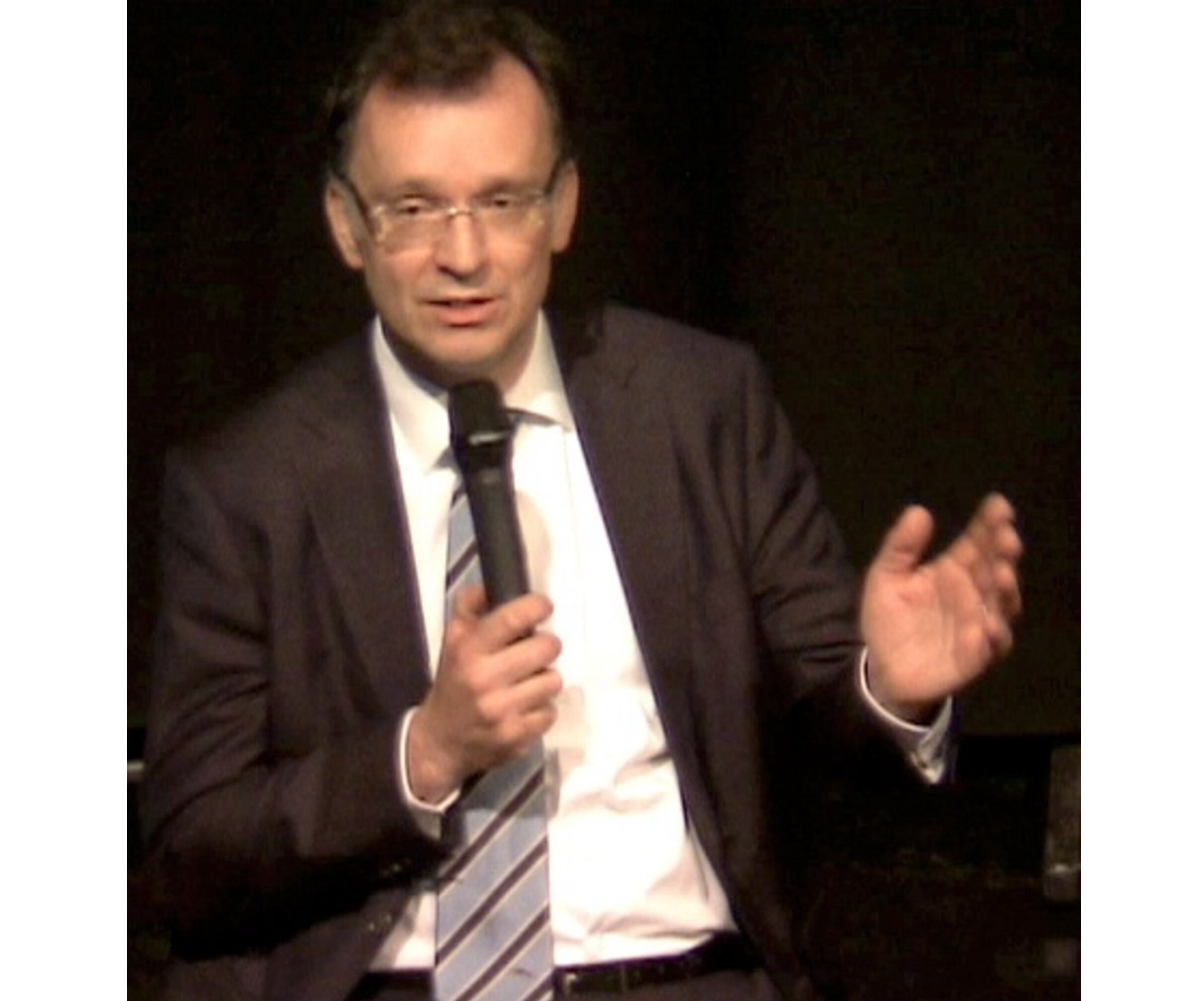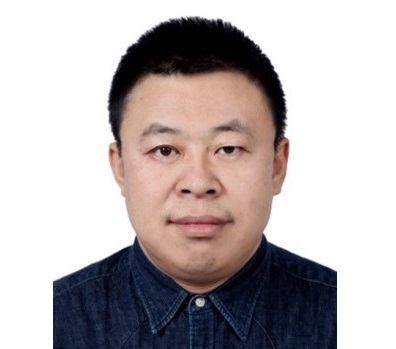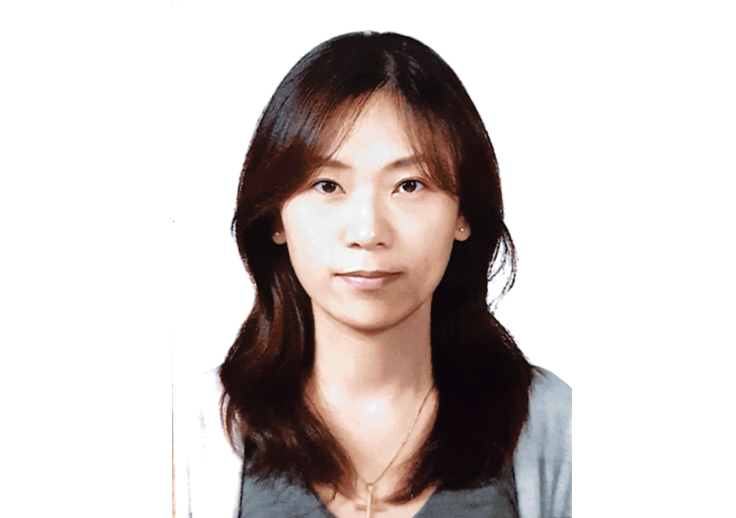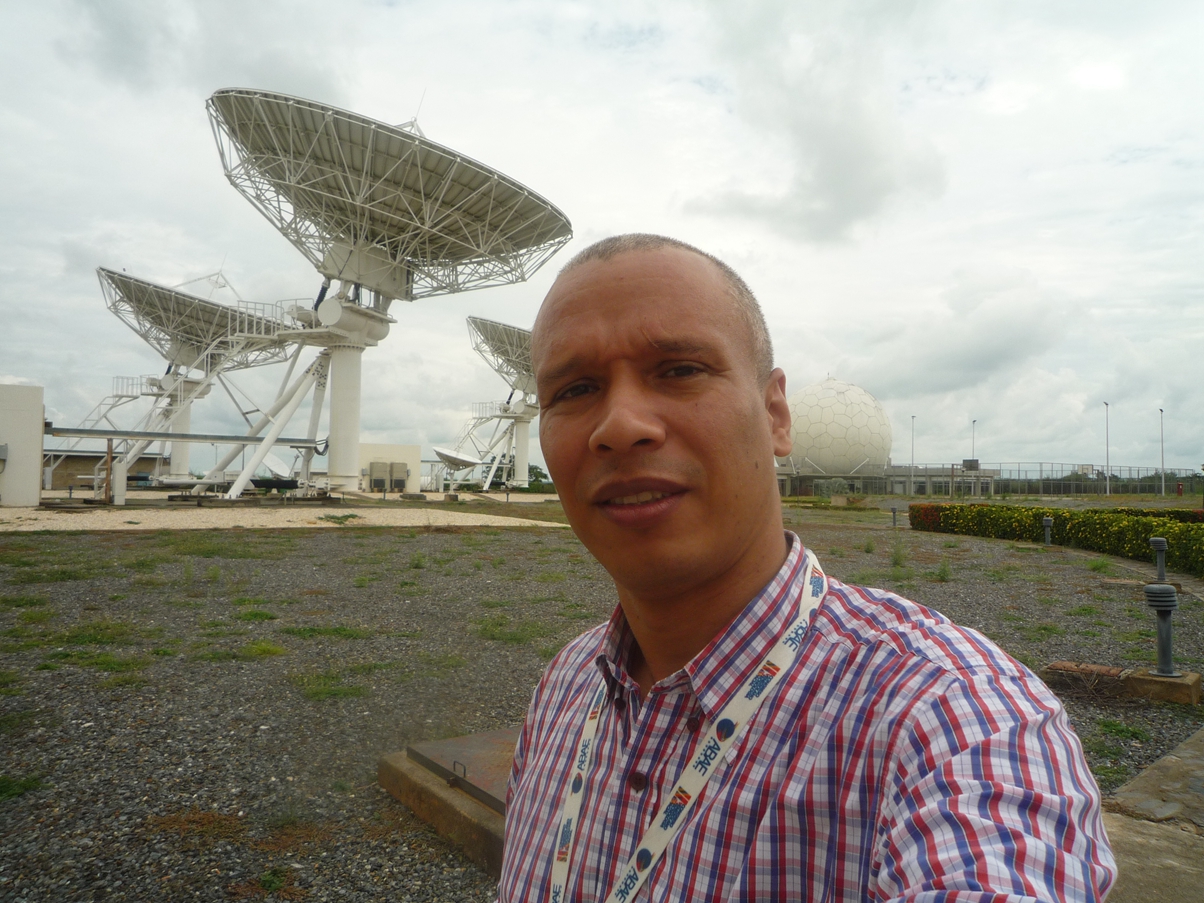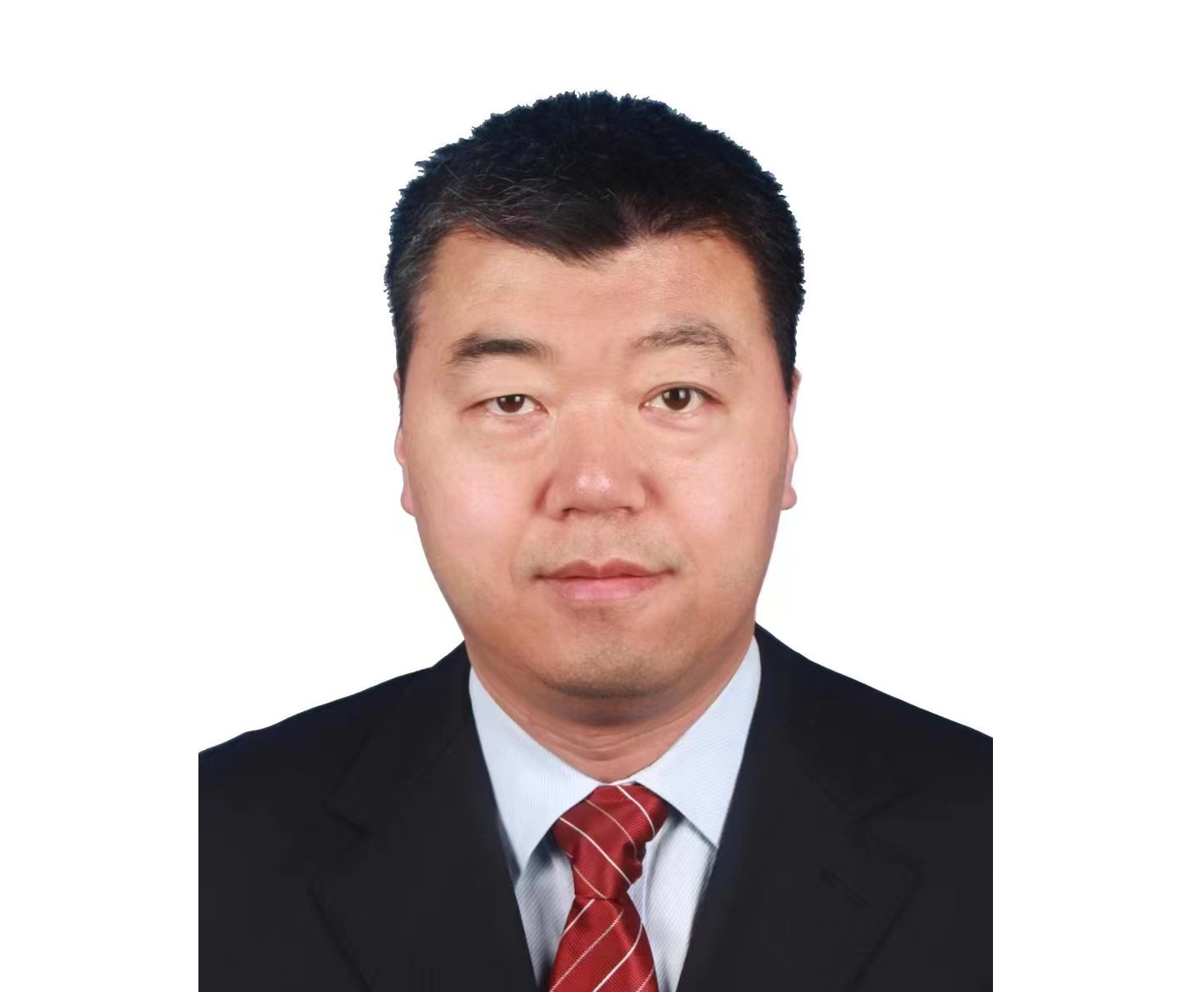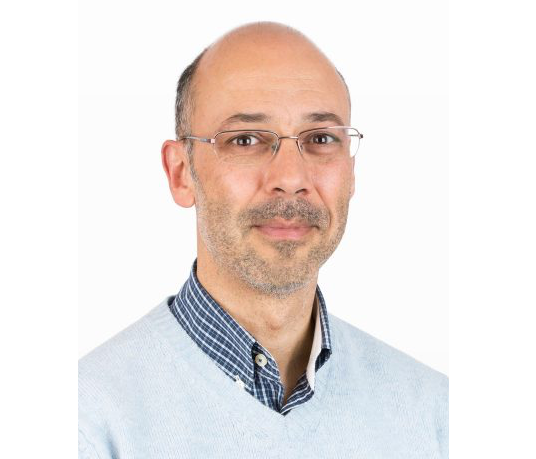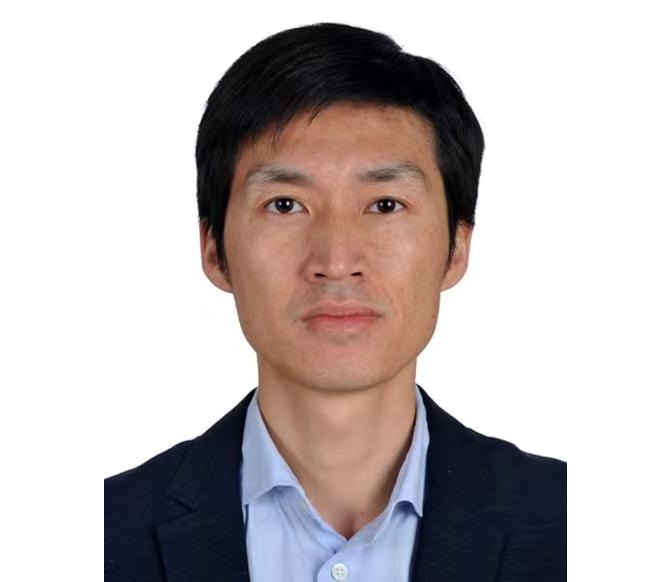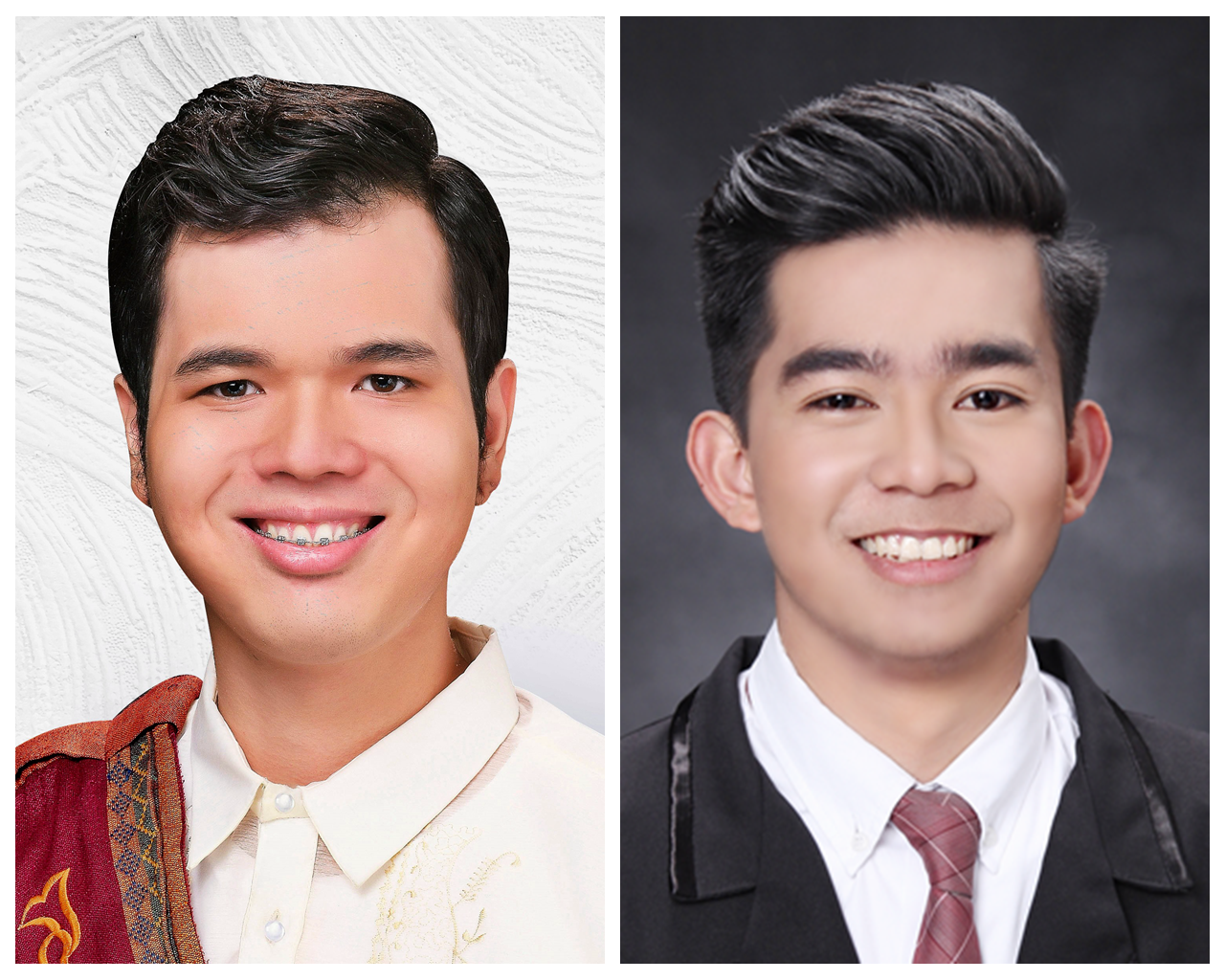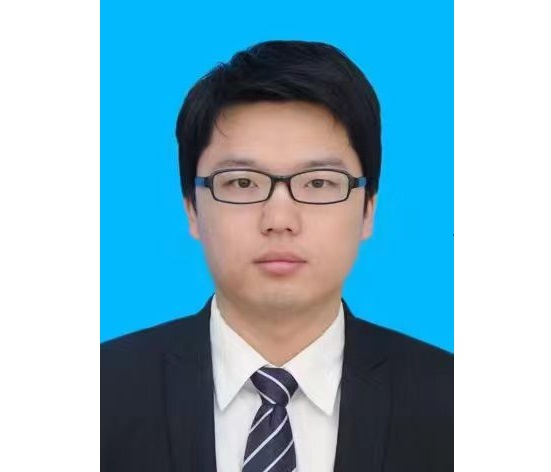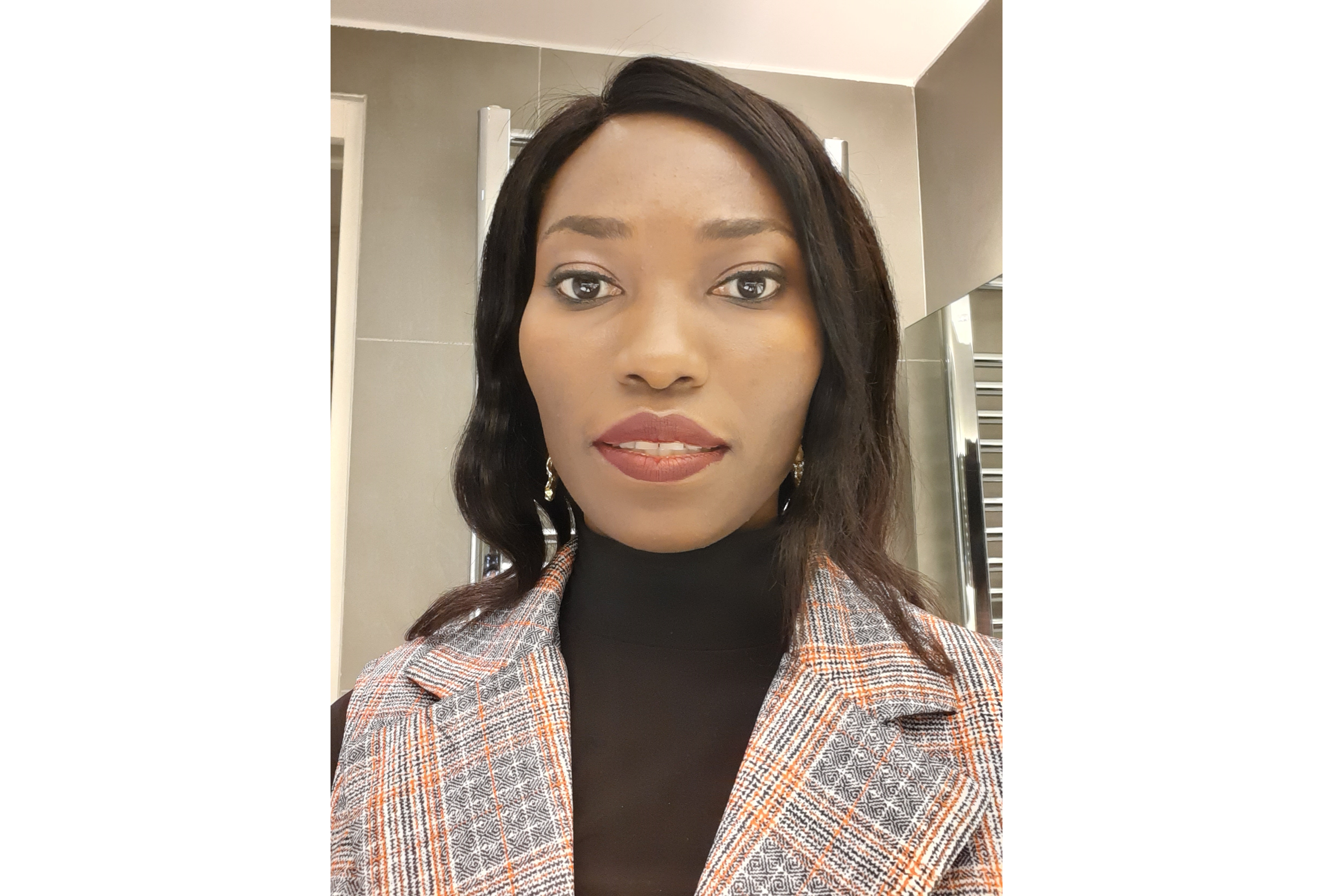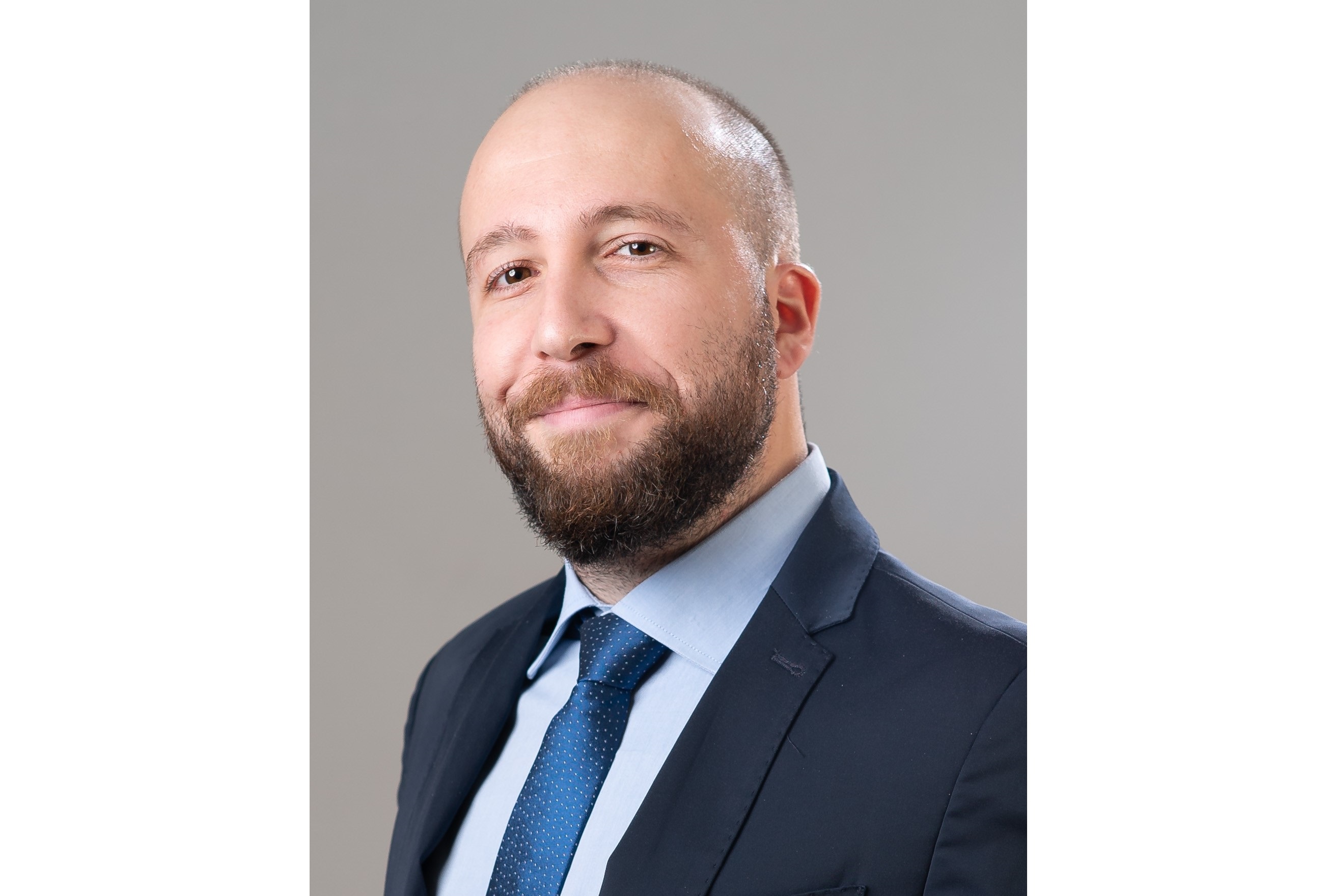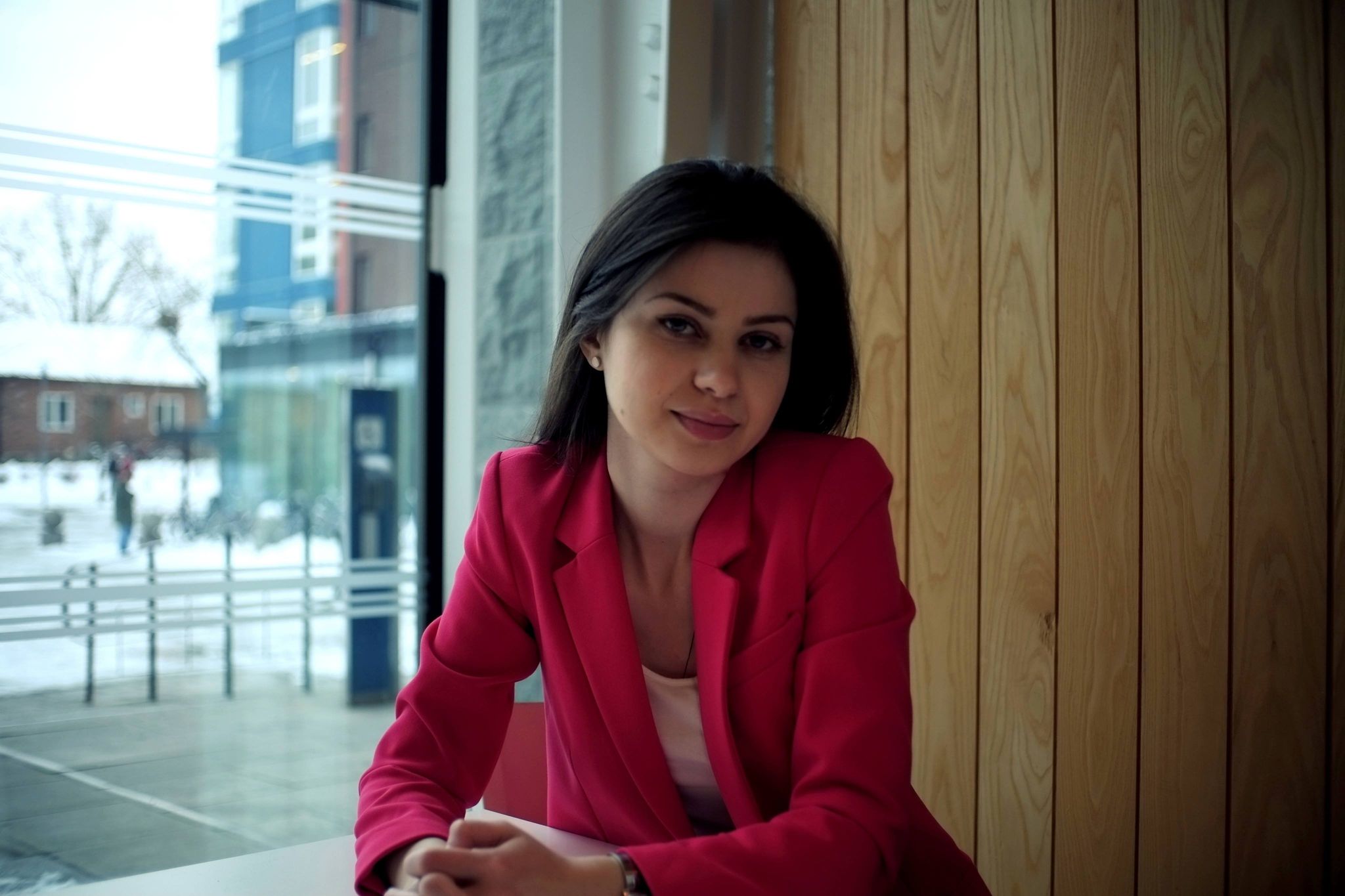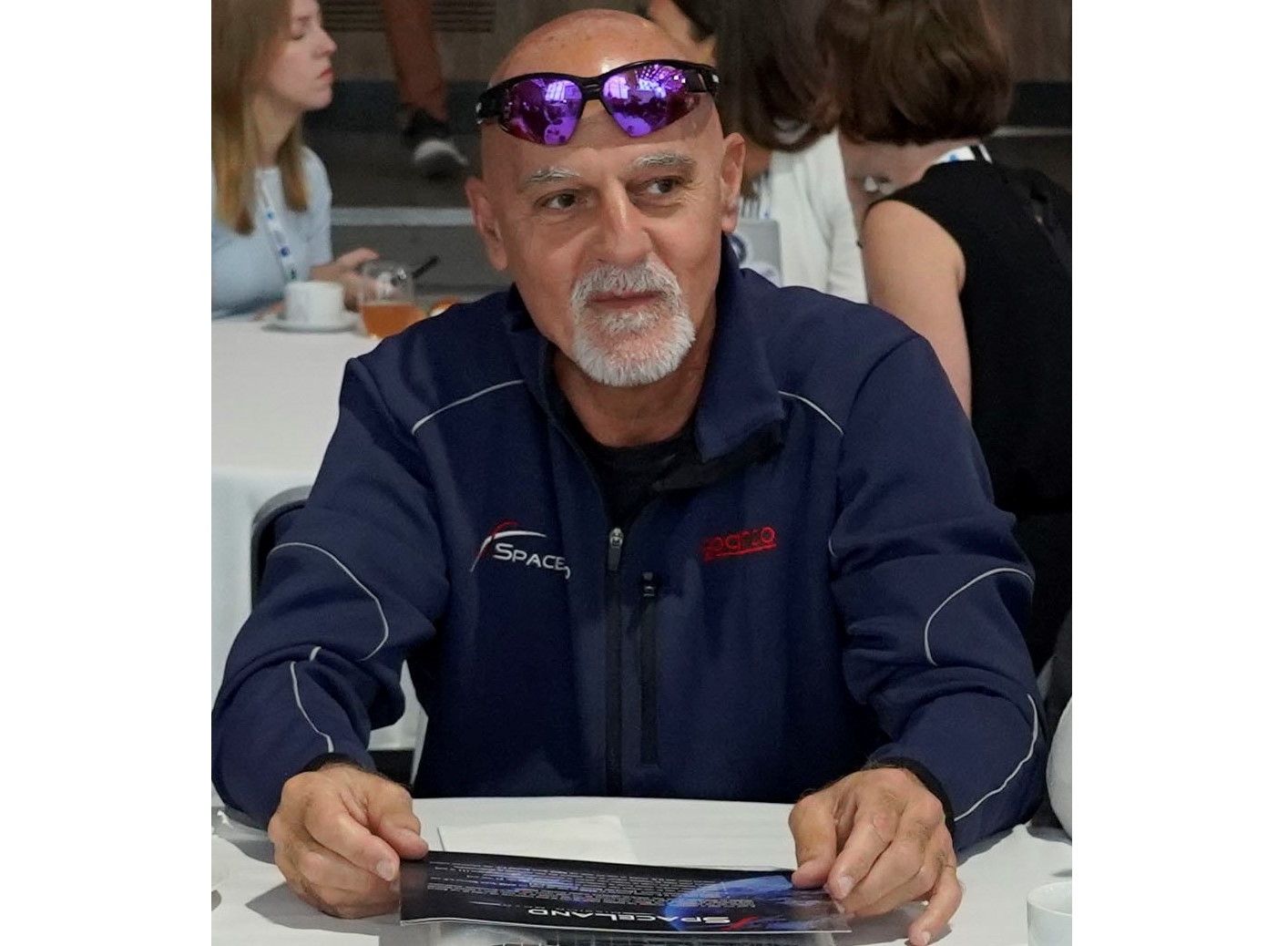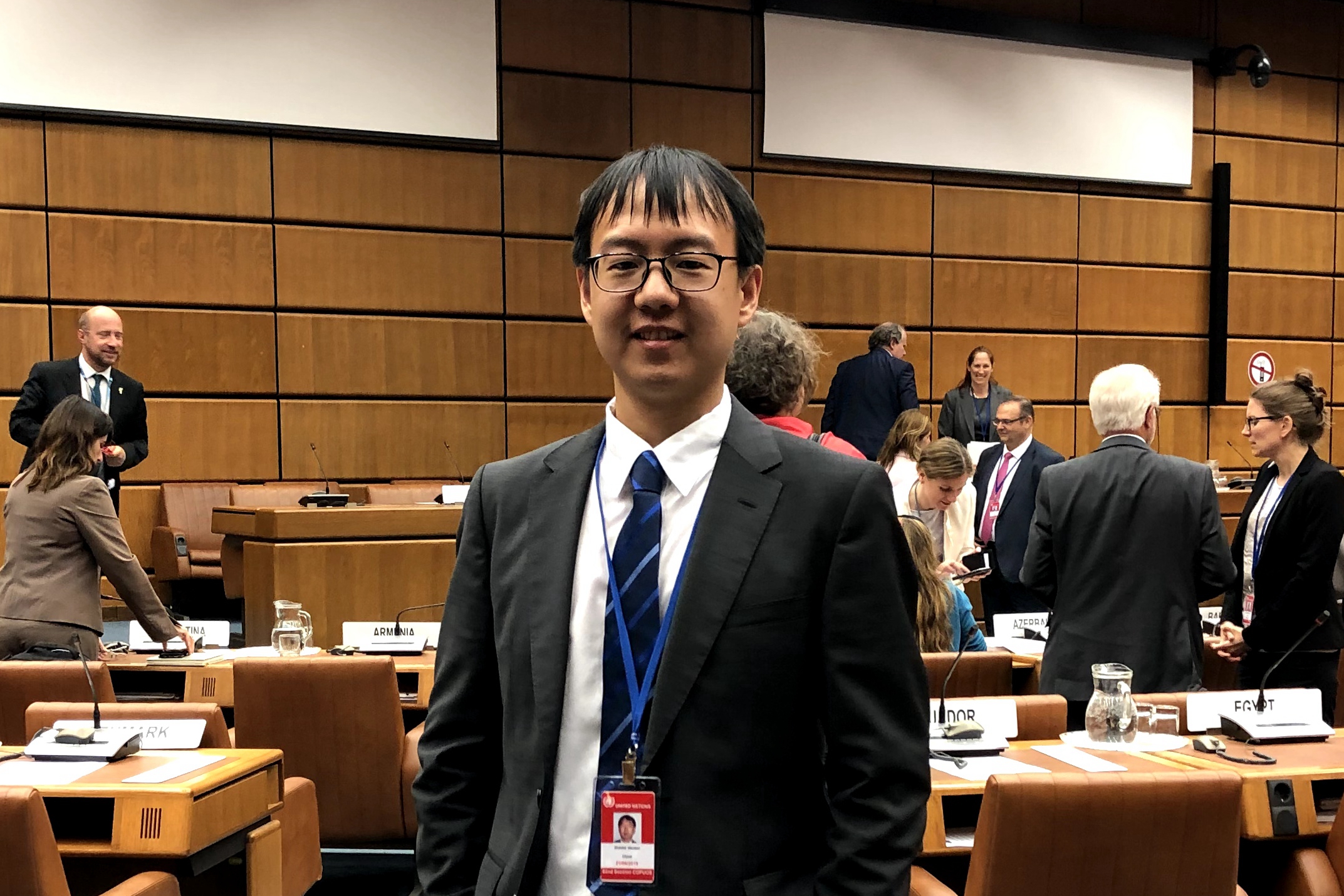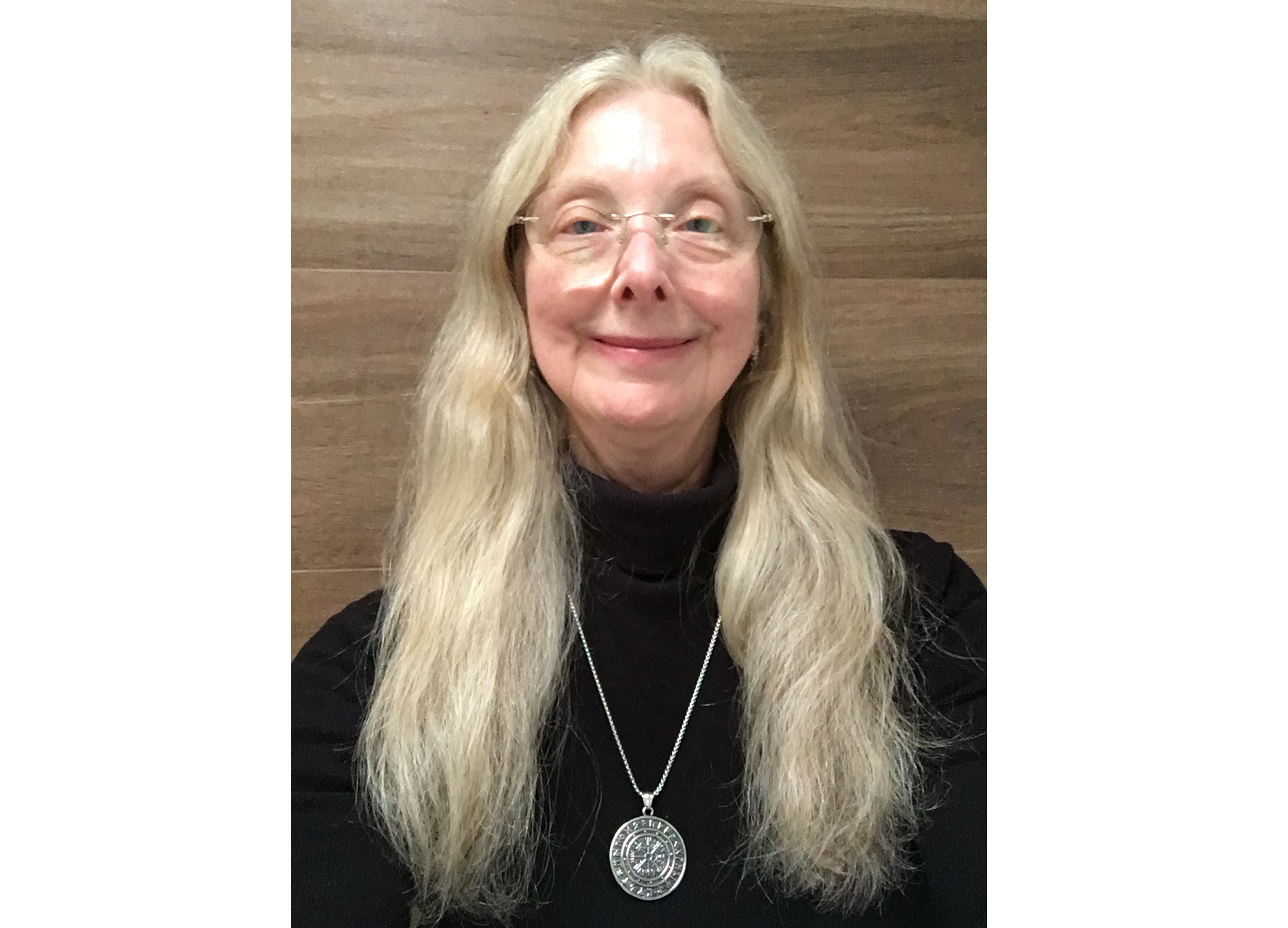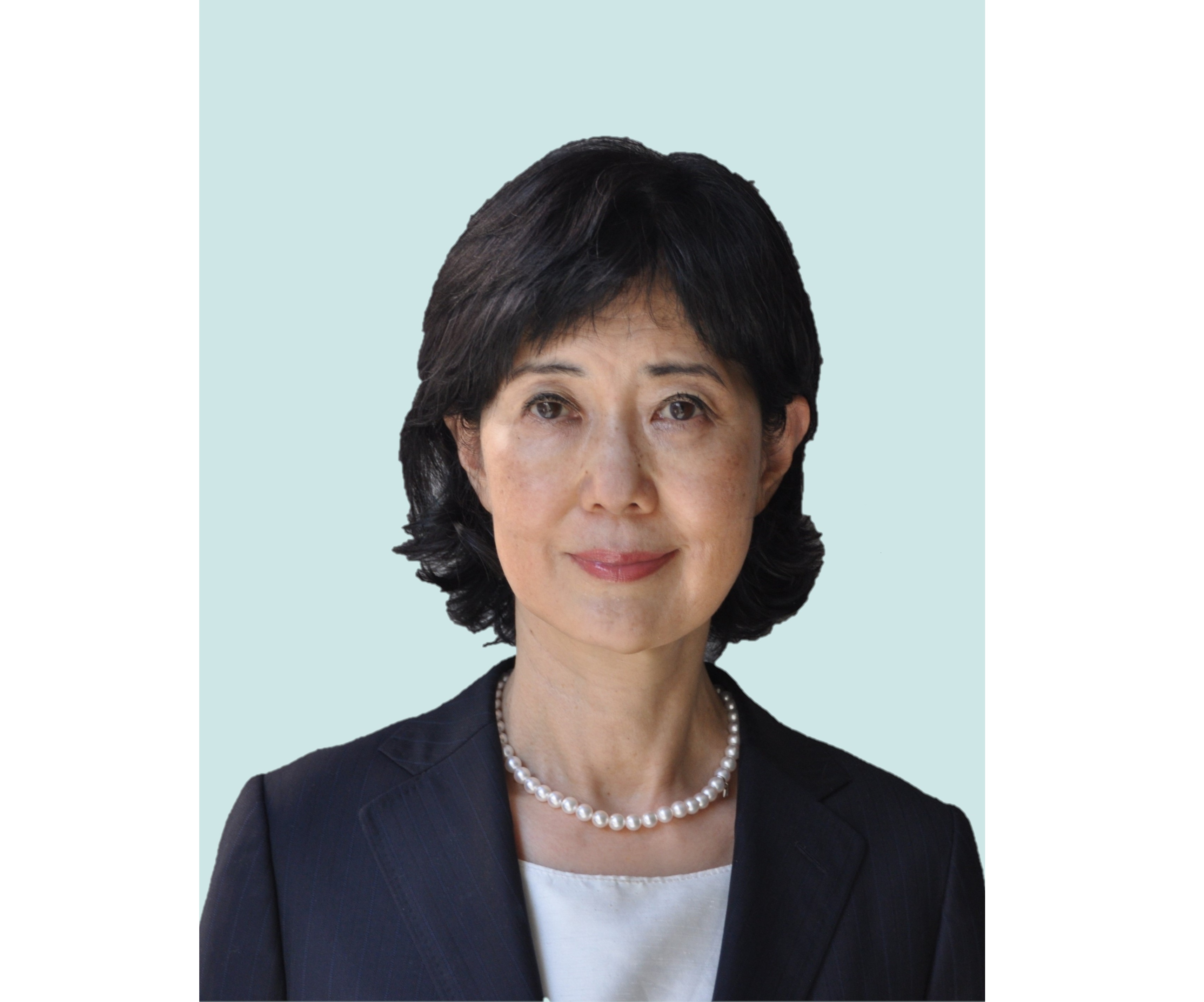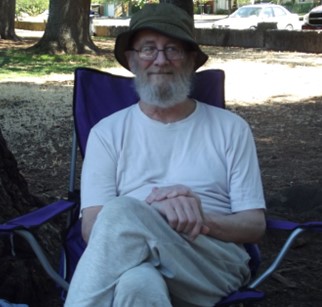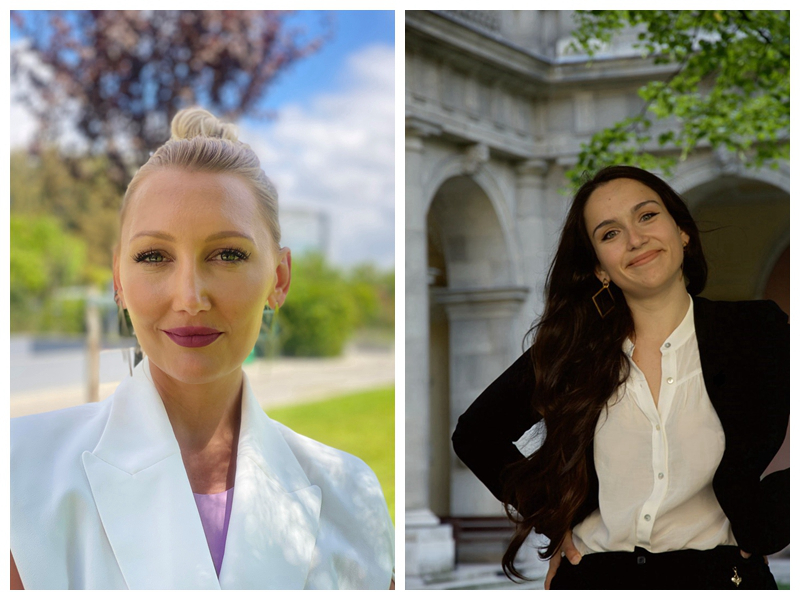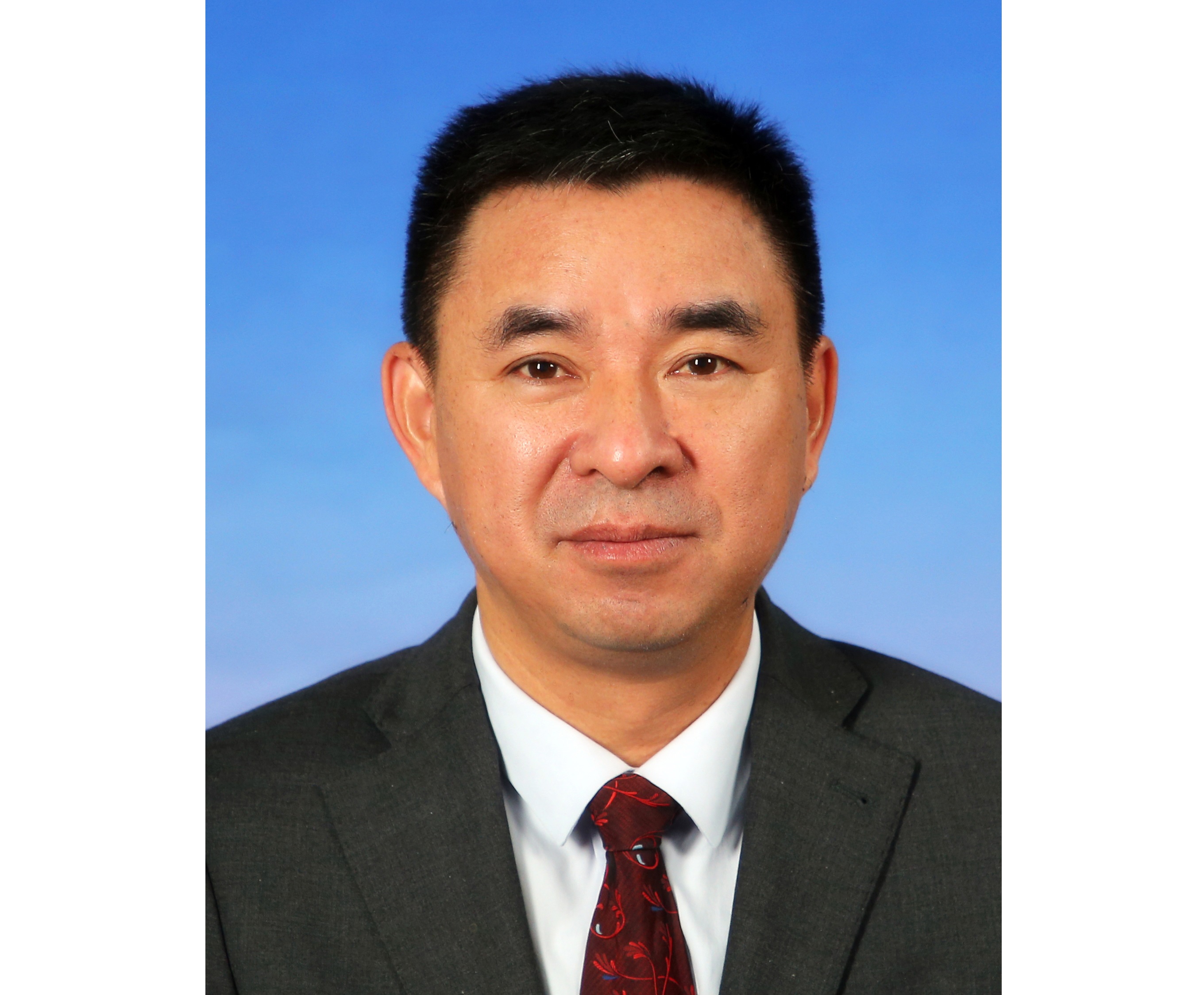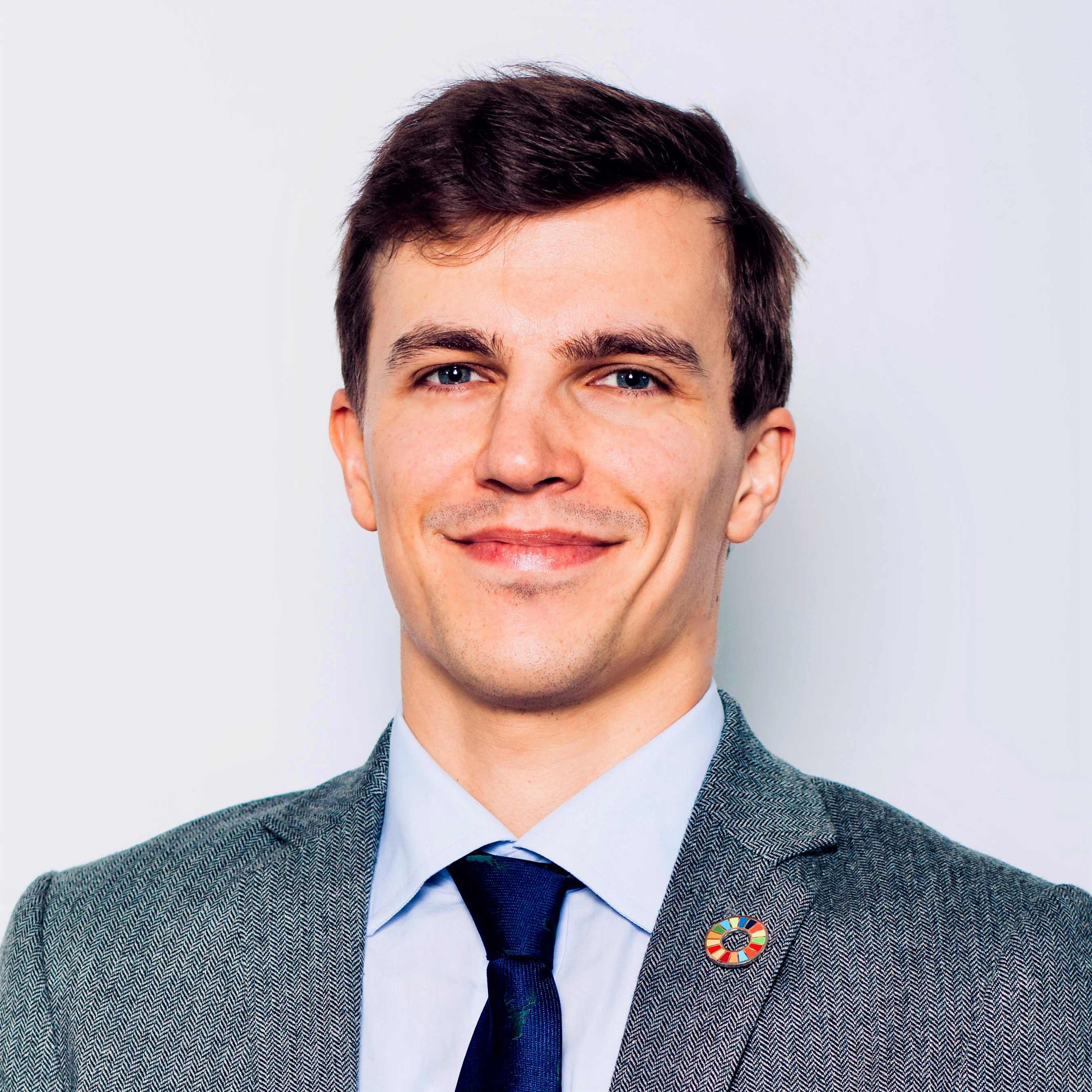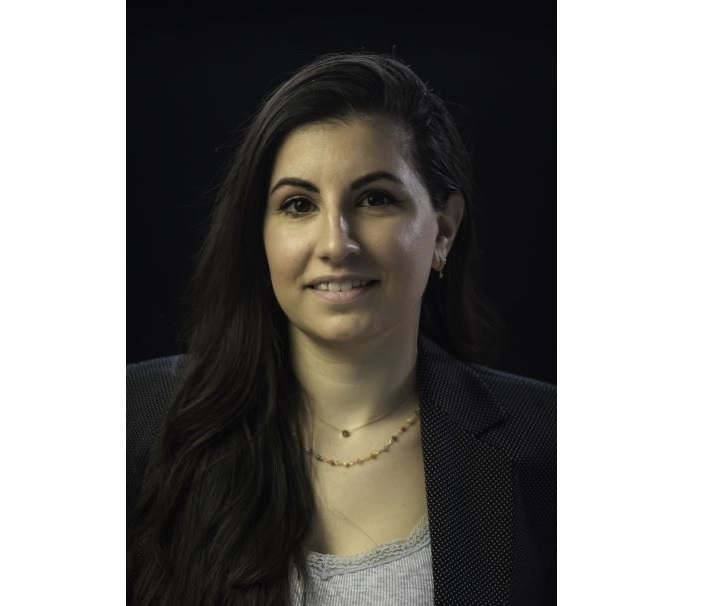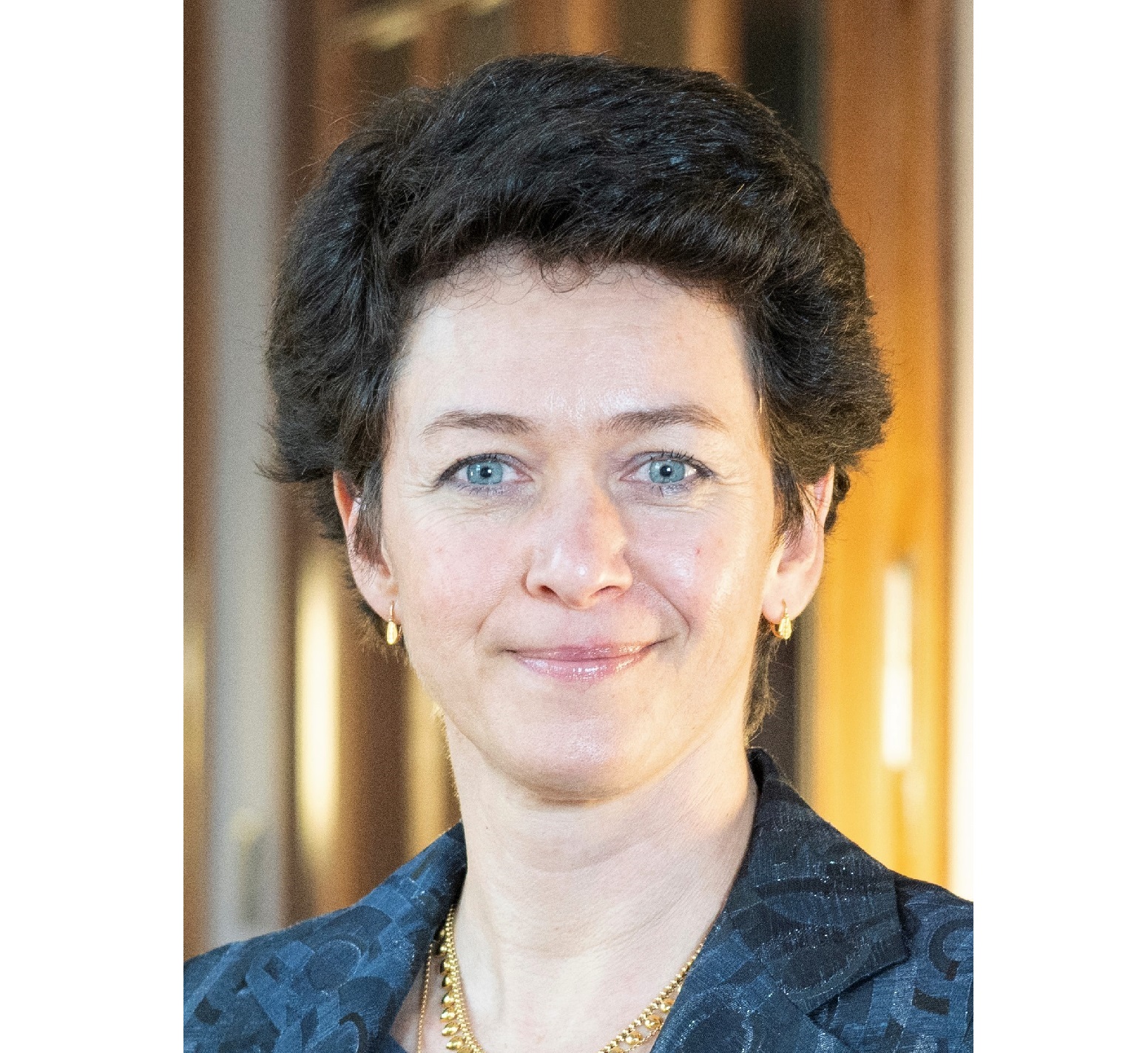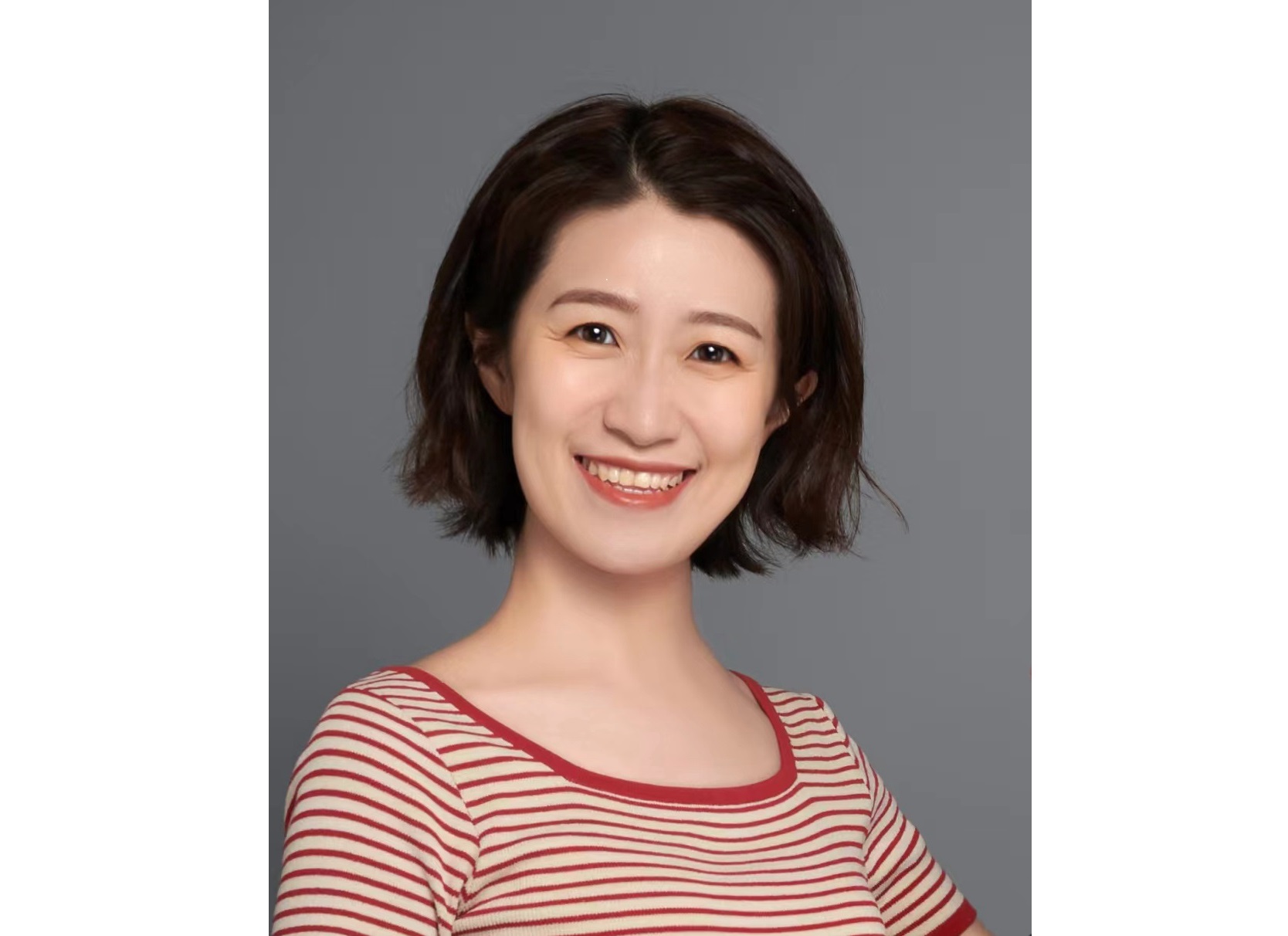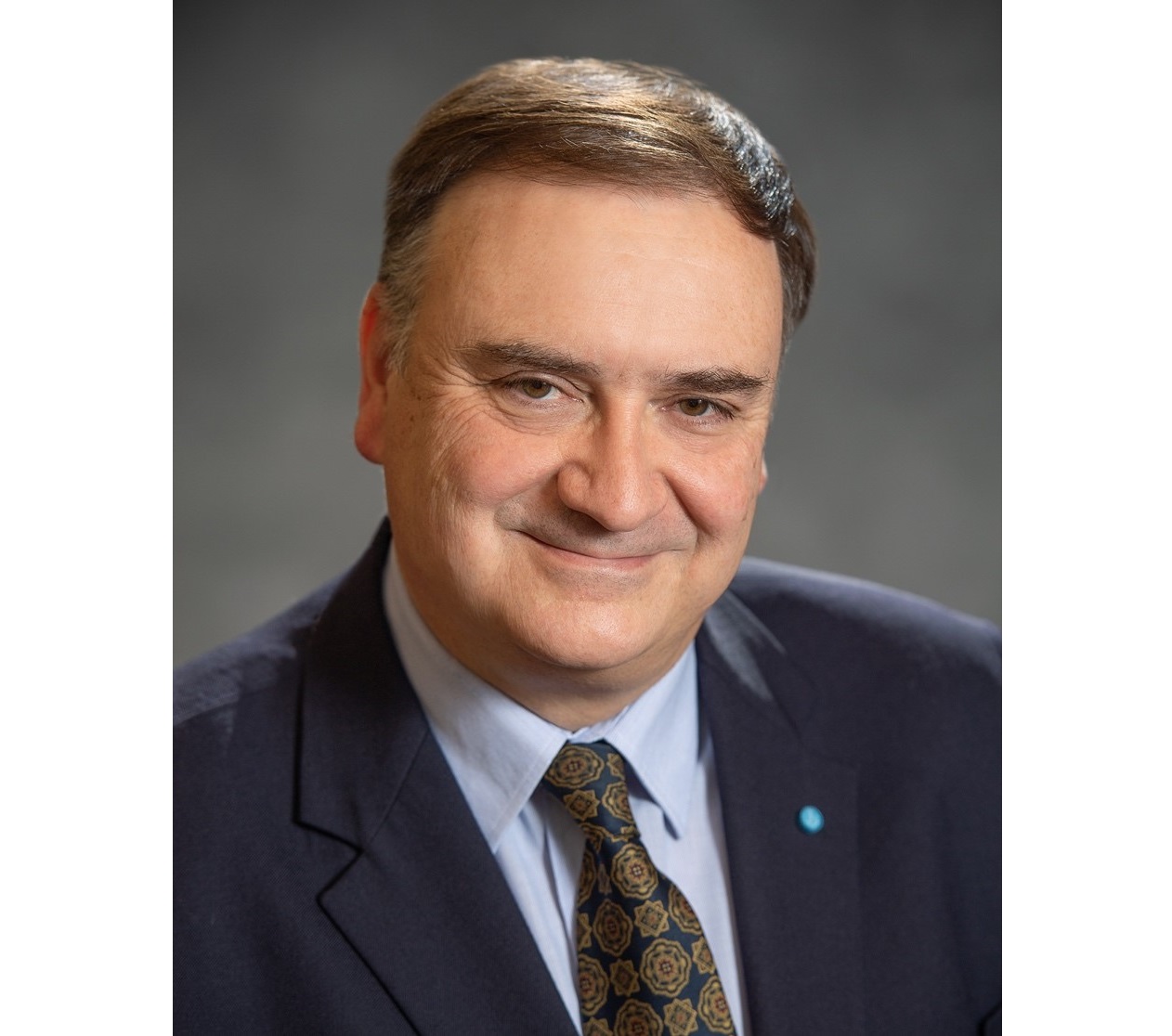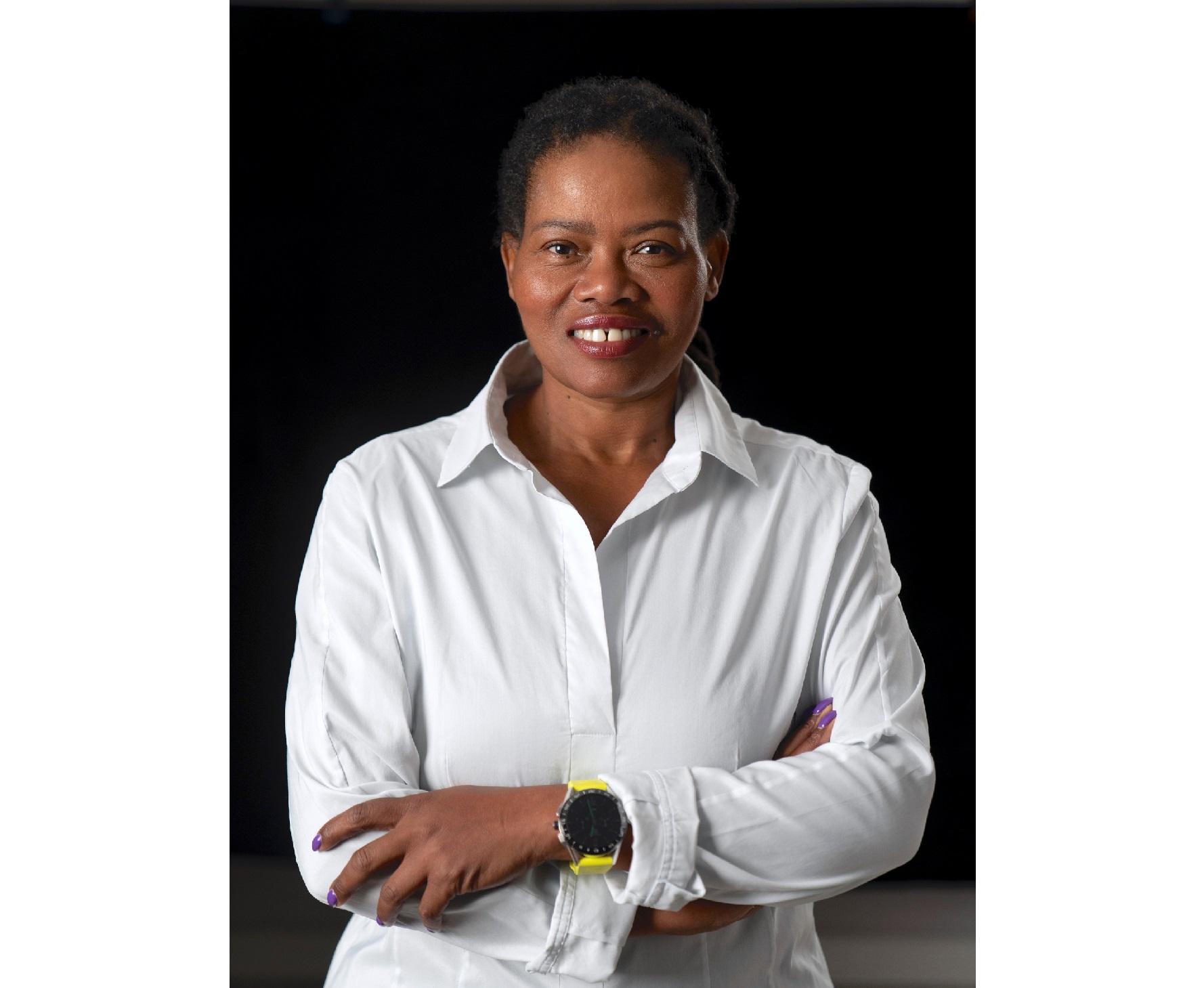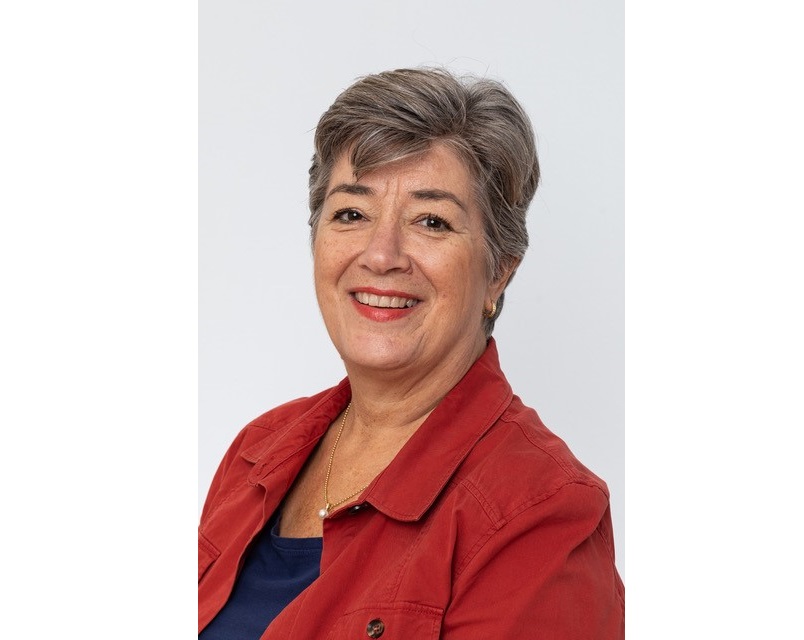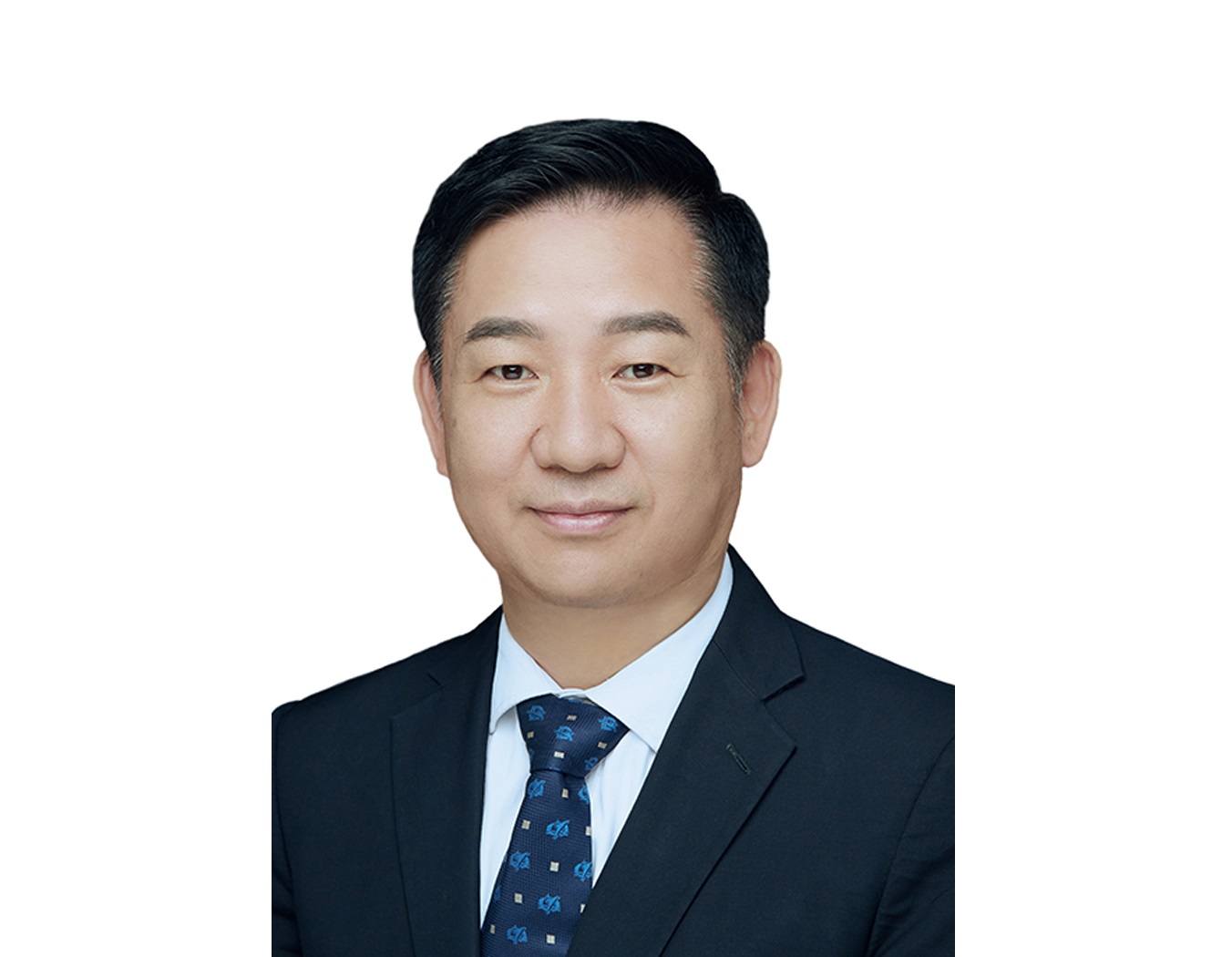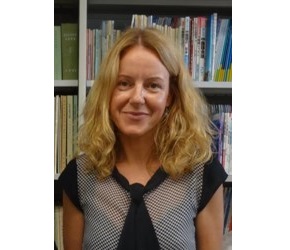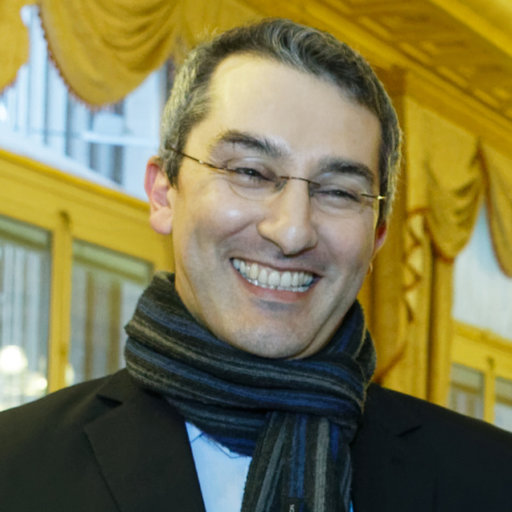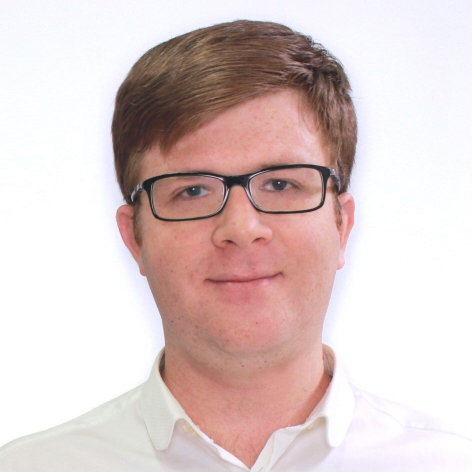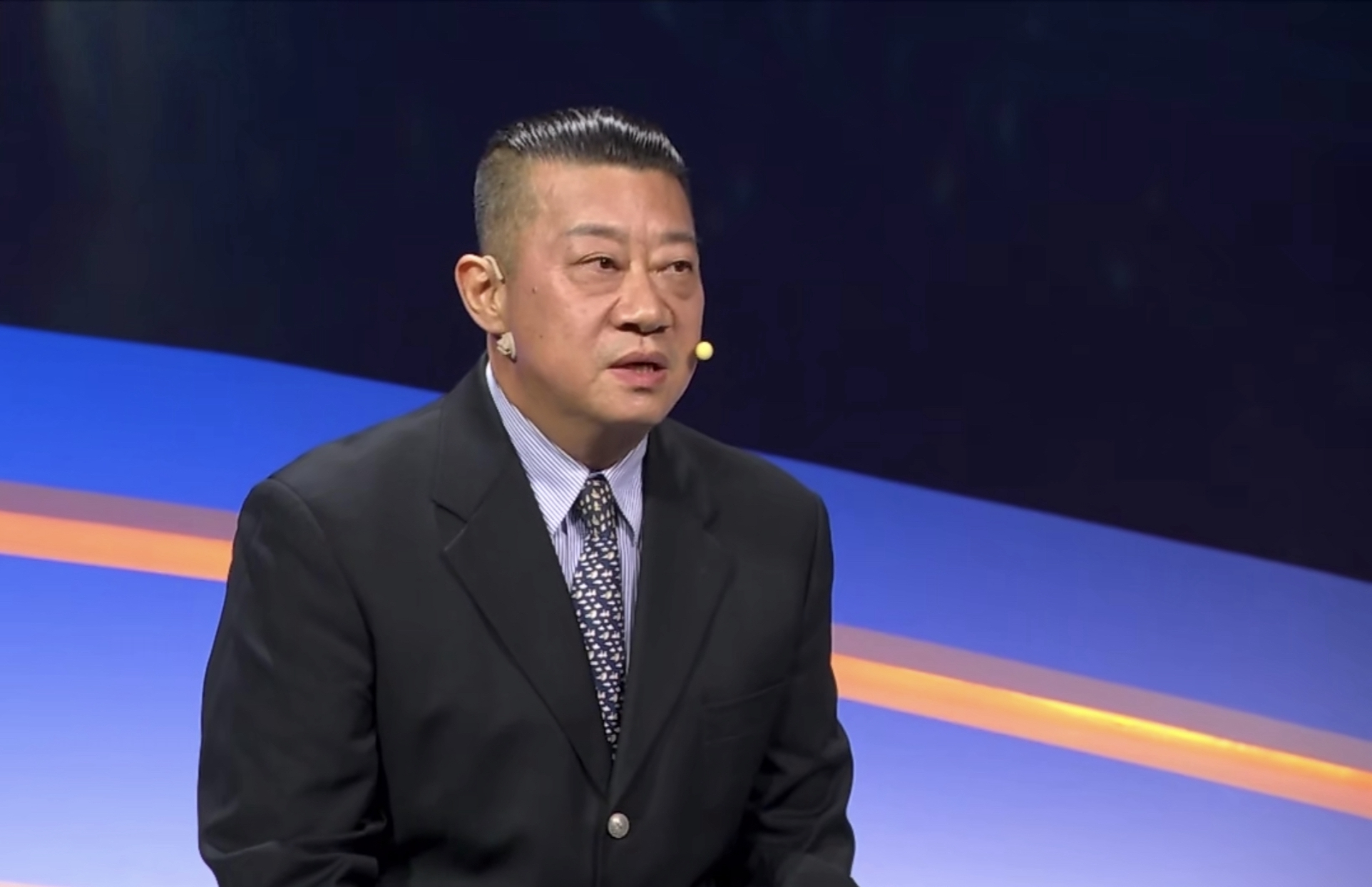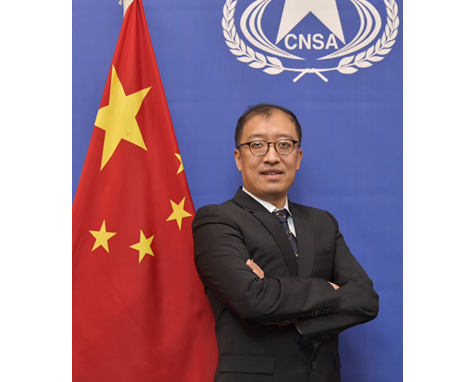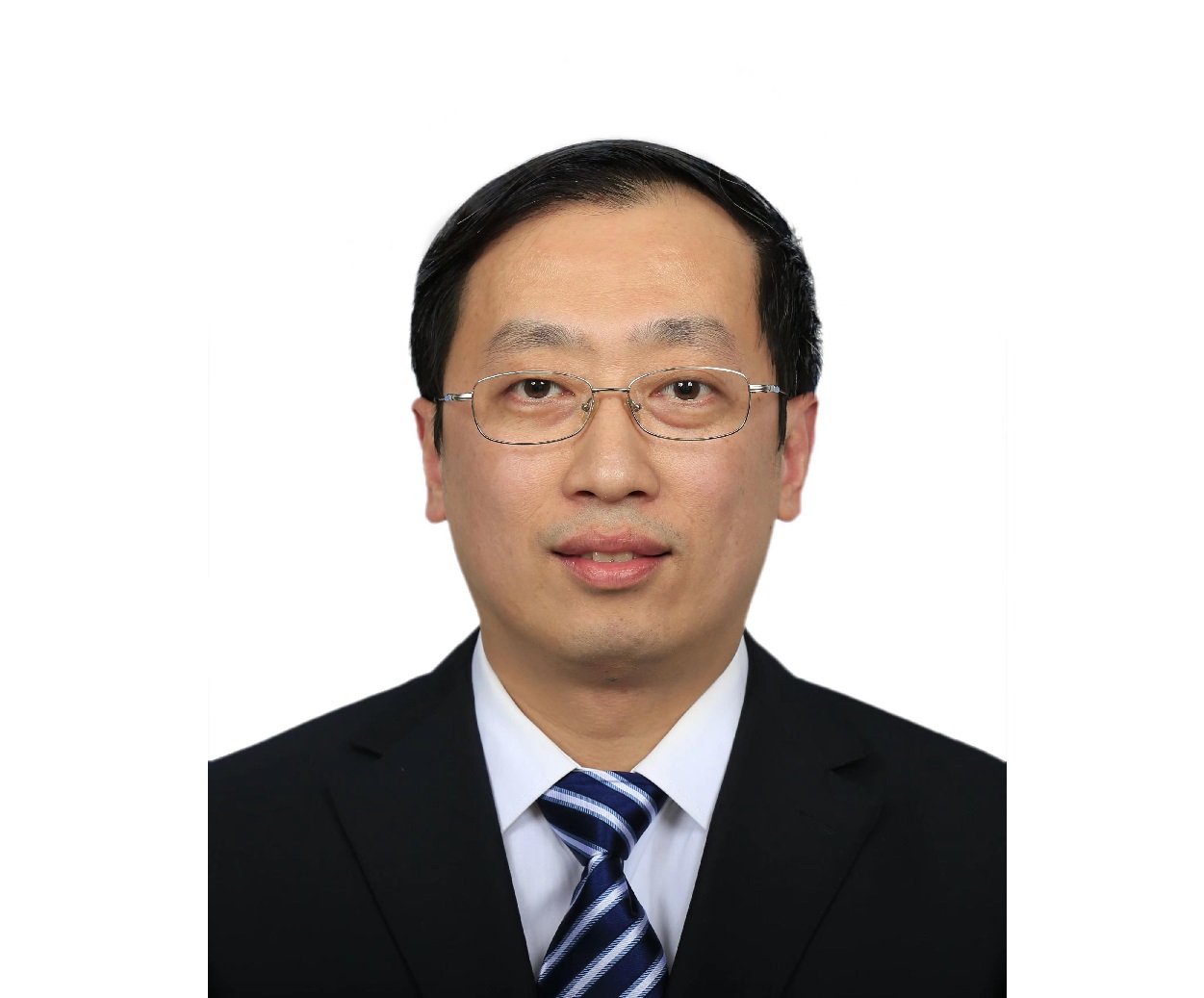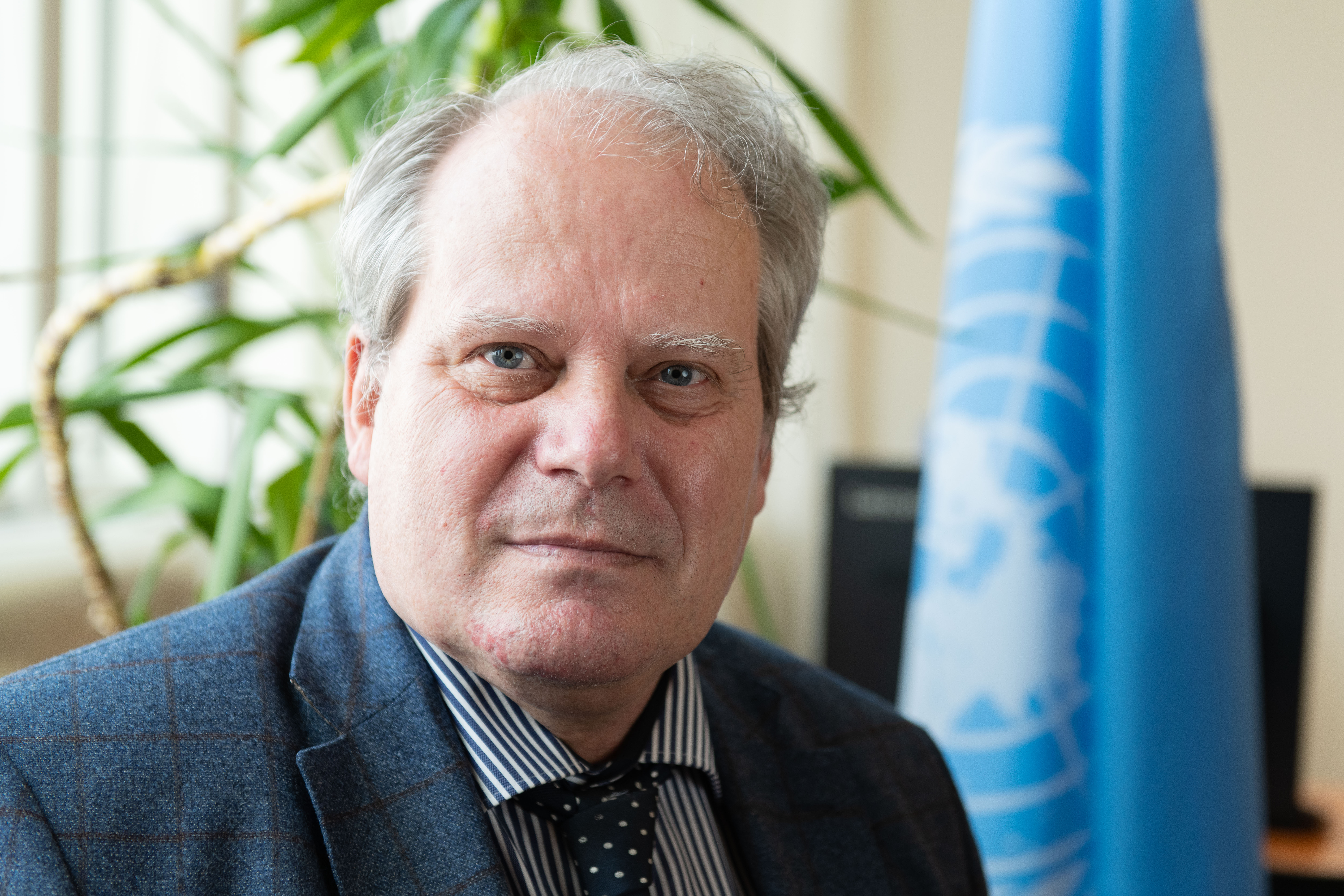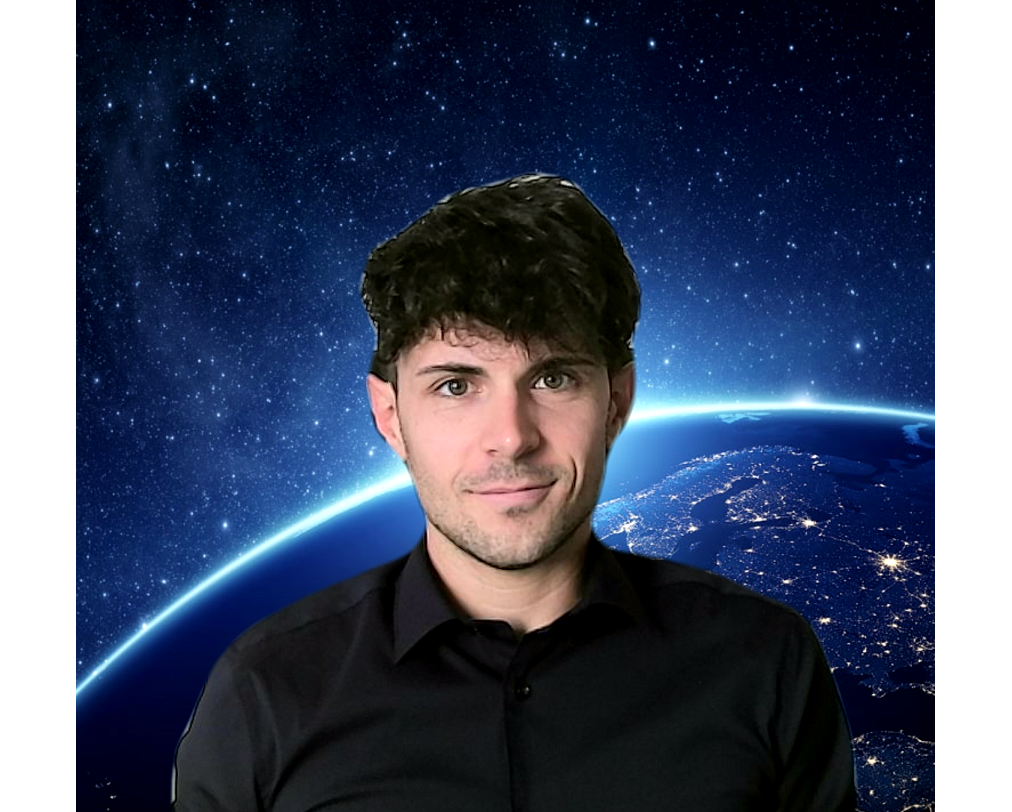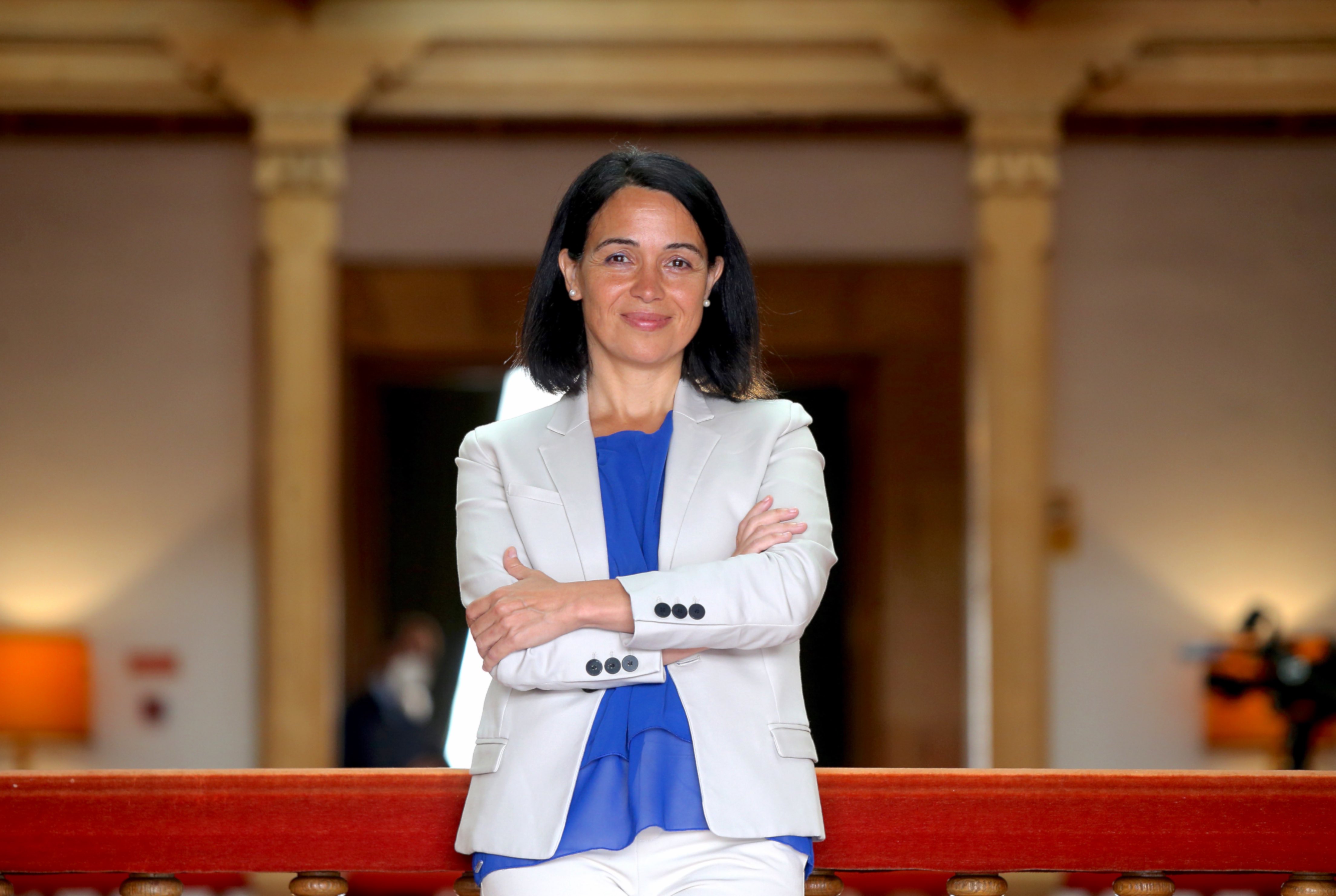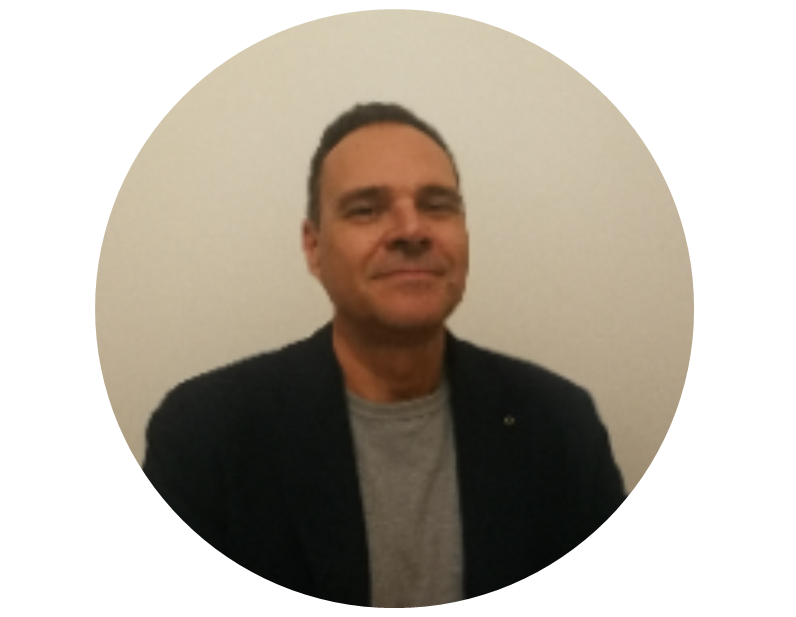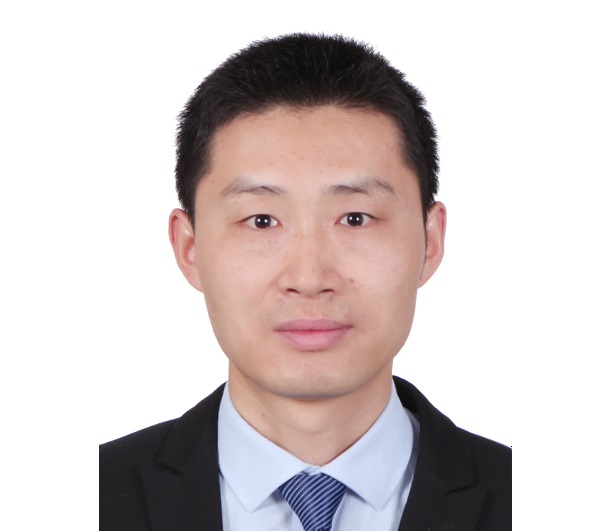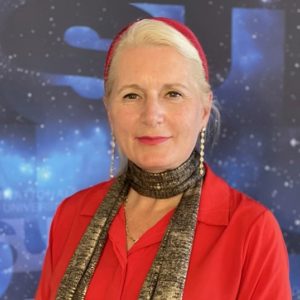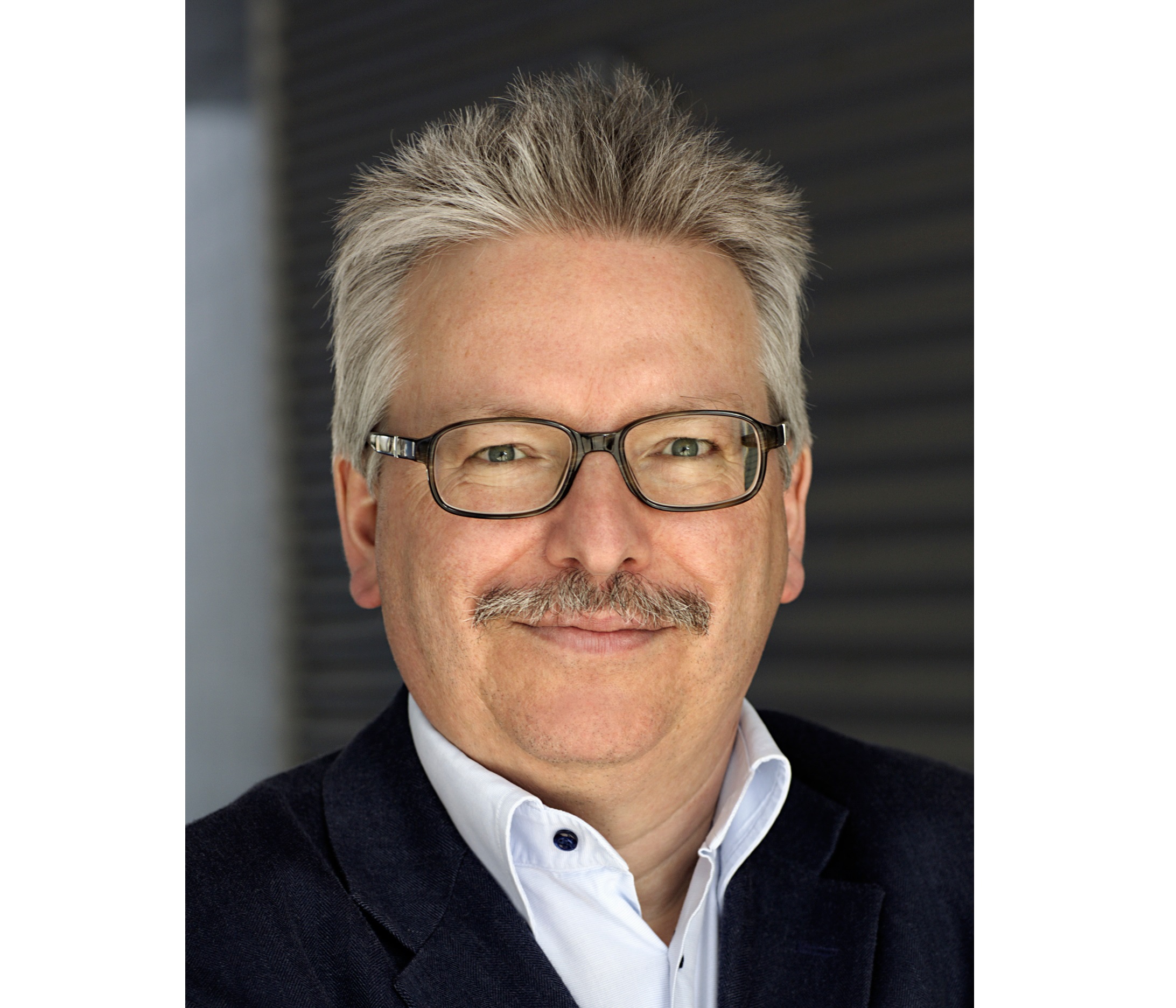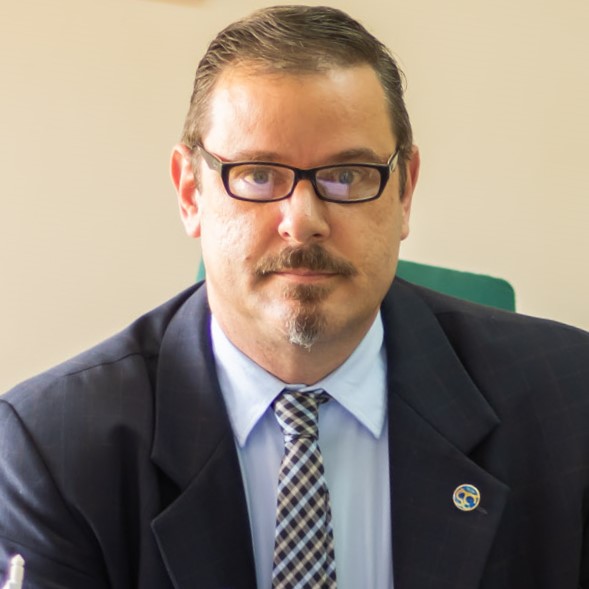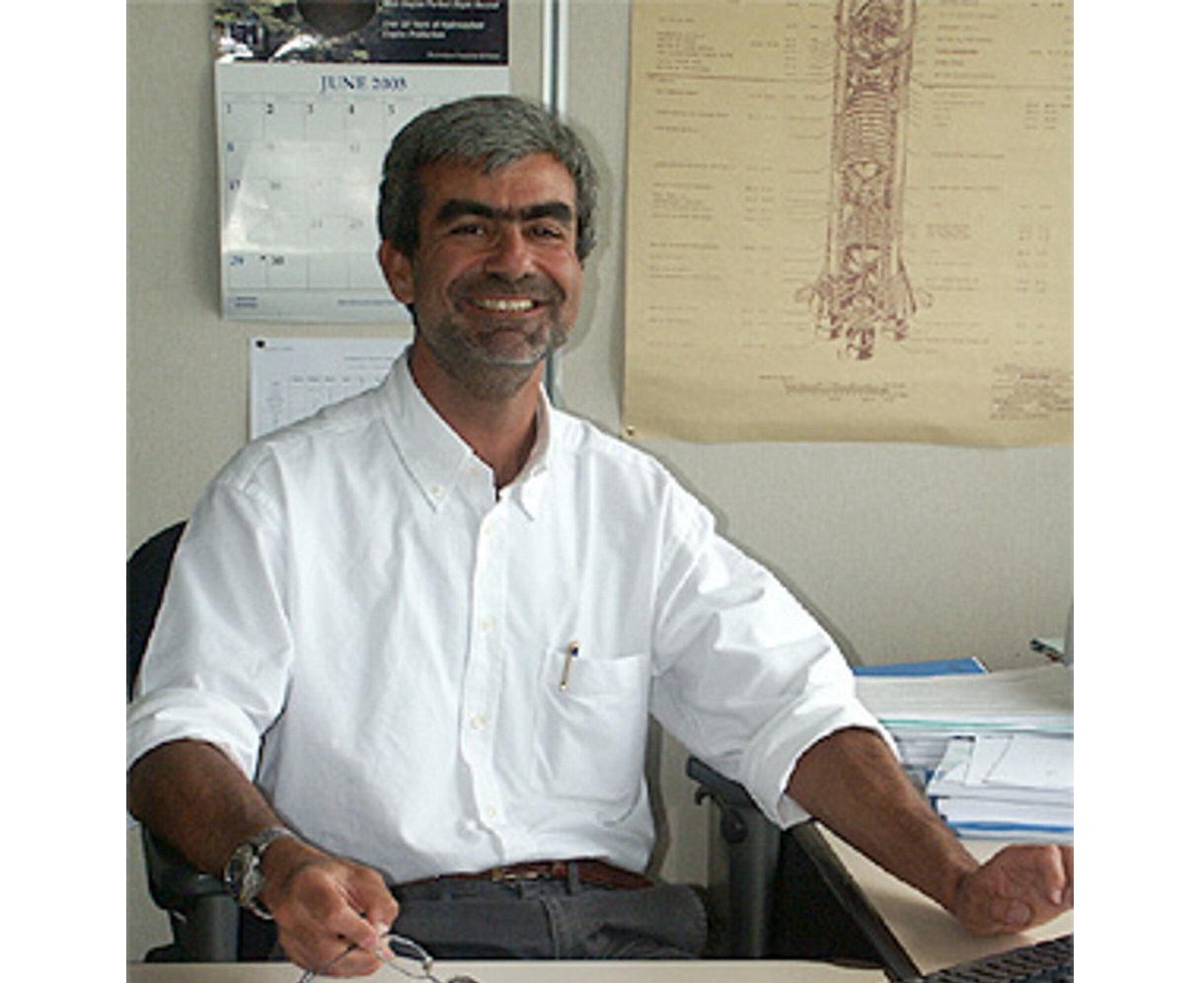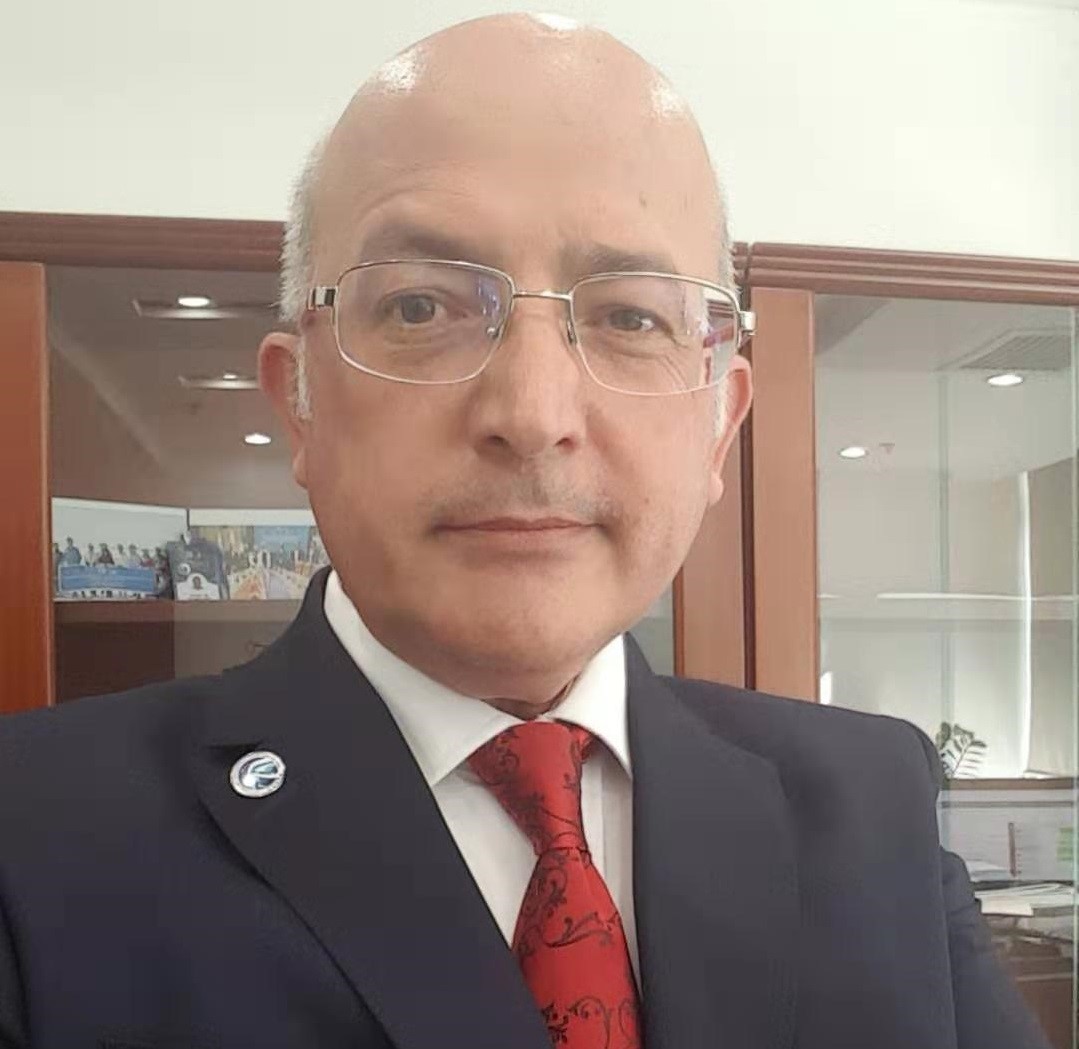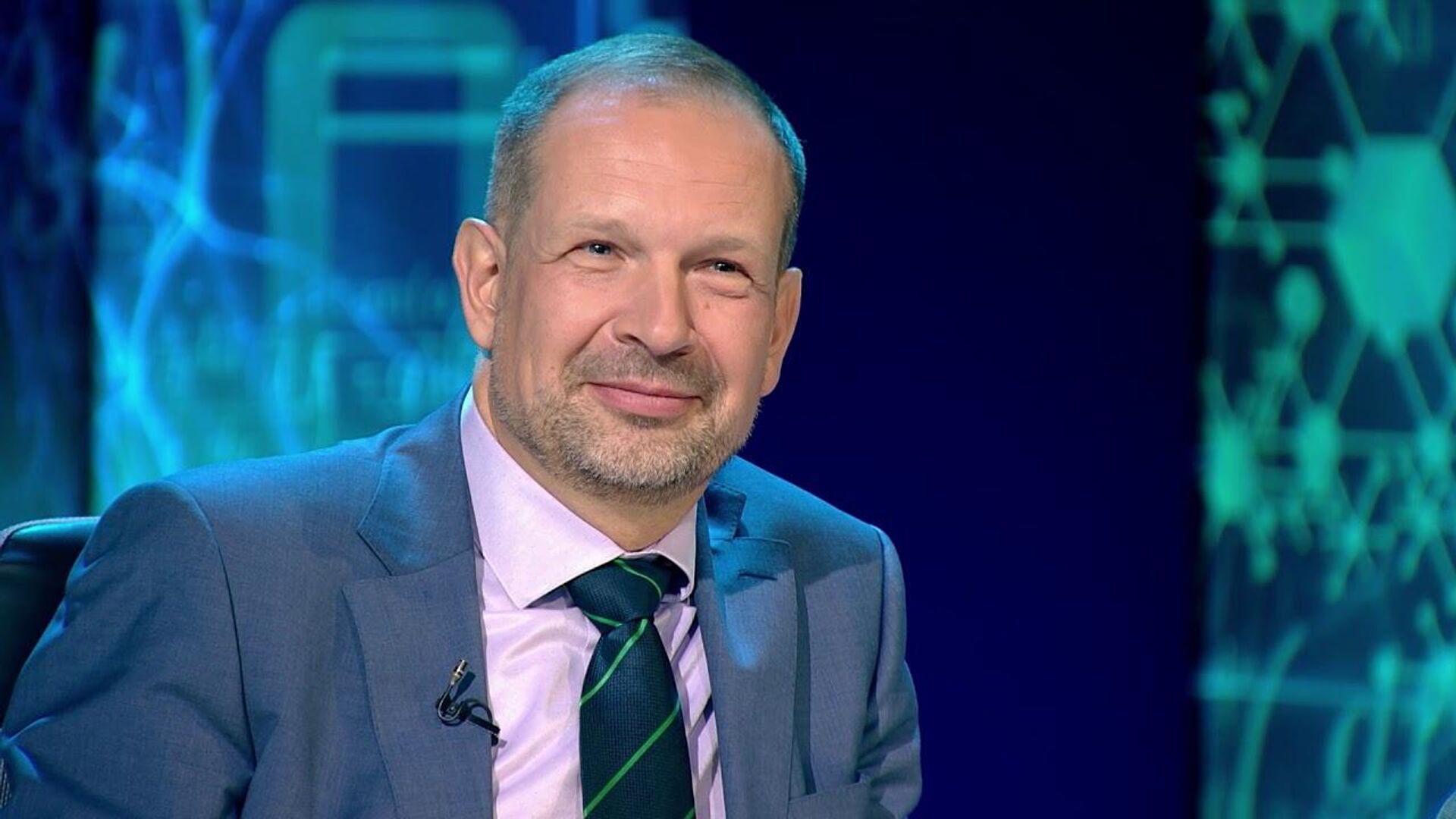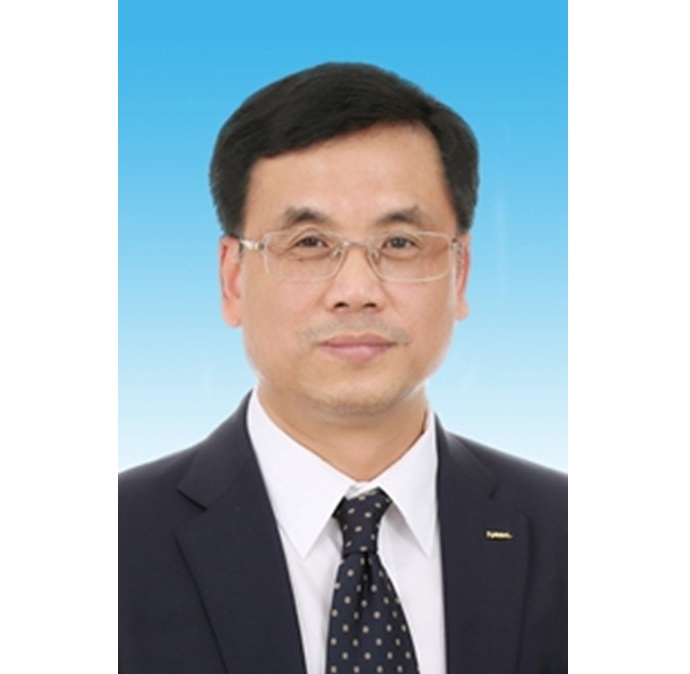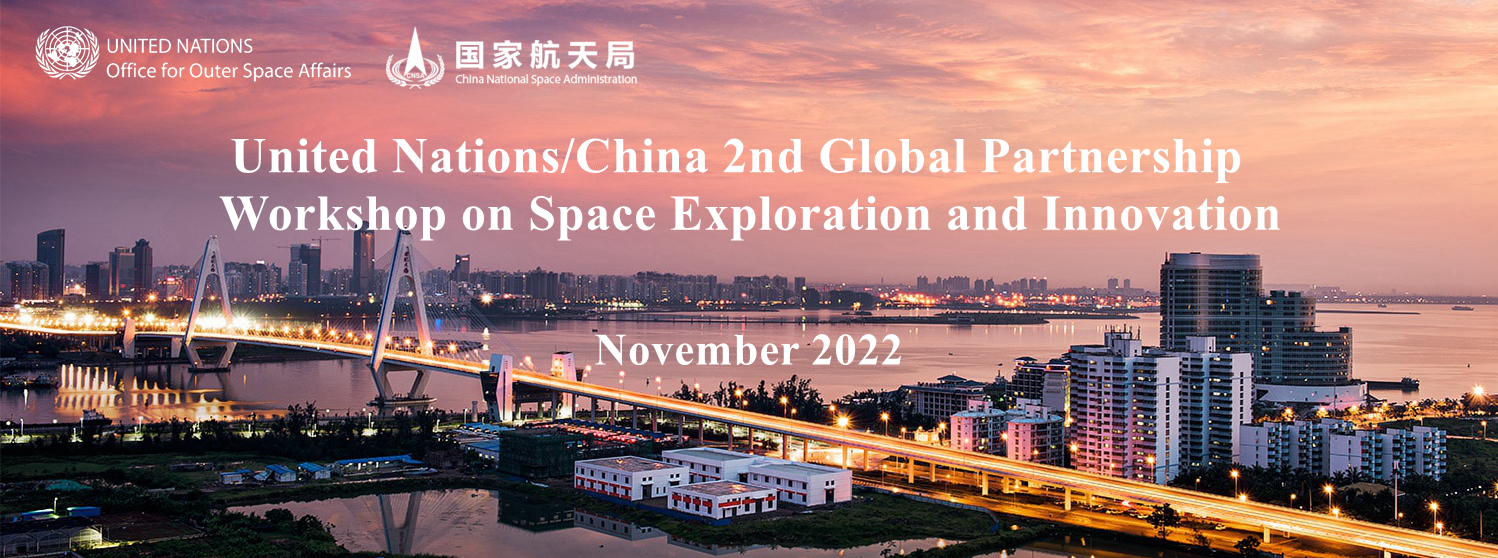
United Nations/China 2nd Global Partnership Workshop on Space Exploration and Innovation
21 - 24 November 2022
/ Virtual for participants based outside China
/ Haikou, China, a venue available for participants based in China
Hosted by the United Nations Office for Outer Space Affairs and the China National Space Administration
Speakers and Presentations
Session 1a:Space Agencies' Perspective Session 1b:Academia and Industrial Perspective Session 2:International Laws and Policies
Session 3:Planetary Defense and Planetary Protection Session 4:Space Science Workshop Outcome Document
Programme
All times are in China (UTC+8 hours)
| Monday, 21 November 2022 - Day 1 | |||
| 15:00 - 16:15 |
Opening Ceremony
Chair: Hongliang XU, Secretary General, China National Space Administration (CNSA) |
||
| Opening Remark by CNSA | Kejian ZHANG, Administrator | ||
| Opening Remark by the Government of Hainan Province | Xiaoming SHEN, Secretary of the CPC Hainan Provincial Committee | ||
| Opening Remark by United Nations Office for Outer Space Affairs (UNOOSA) | Niklas HEDMAN, Acting Director | ||
| Keynote Report by CNSA | Yanhua WU, Vice Administrator | ||
| Keynote Report by the Government of Hainan Province | Danyang SHEN, Deputy Governor | ||
| Keynote Report by UNOOSA | Nathalie RICARD, Scientific Affairs Officer, Space Applications Section | ||
| 16:30 - 18:30 | Technical Session 1a: Space Exploration and Innovation - Space Agencies' Perspective
Chair: Jianting YAO, Deputy Director General, Department of International Cooperation, CNSA |
||
| Setting the Scene | Tanya Keusen, UNOOSA | ||
| China's Deep Space Exploration - Achievements and Prospects | Weiren WU, Lunar Exploration and Space Program Center, CNSA | ||
| Space exploration and innovation: CNES perspectives | Phillippe BAPTISTE,Centre National D'Etudes Spatiales (CNES) | ||
| Space Exploration, Development and Innovation | Yuri Ivanovich BORISOV, ROSCOSMOS | ||
| Speech from SUPARCO | Maj Gen Amer Nadeem, Chairman of Space and Upper Atmosphere Research Commission (SUPARCO) | ||
| Next destination, Giant Planet | Xinbo ZHU, Shanghai Academy of Spaceflight Technology | ||
| NASA's Artemis Programme | Greg Chavers, Exploration Systems Development Mission Directorate, National Aeronautics and Space Administration | ||
| ESA's Deep Space Exploration Strategy | Bernhard HUFENBACH, European Space Agency (ESA) | ||
| Activities of CONAE in Astronomy and Space Science | Marcelo COLAZO, Comisión Nacional de Actividades Espaciales (CONAE) | ||
| Space Geoscience, China in Action | Wenjian NI, The Aerospace Information Research Institute of Chinese Academy of Sciences | ||
| A Newcomer's Perspective on Space Exploration: South Korea's Case | Soyoung CHUNG, Korea Aerospace Research Institute (KARI) | ||
| Proposal for a Venezuelan National Program for Robotic Space Exploration | Rogelio MORALES, Agencia Bolivariana para Actividades Espaciales (ABAE) | ||
| Tuesday, 22 November 2022 - Day 2 | |||
| 14:00 - 17:00 | Technical Session 1b: Space Exploration and Innovation - Academia and Industrial Perspective
Chair: Luc St-PIERRE, Chief, Space Applications Section, UNOOSA |
||
| Prospect of the scheduled space transportation system | Zhaohui GAO, China Academy of Launch Vehicle Technology | ||
| Plasmas dor ISRU on Mars | Vasco GUERRA, University of Lisbon | ||
| Earth-Moon Space Communication and Navigation System Concept | Xiongwen HE, China Academy of Space Technology (CAST) | ||
| Mars 2026: Role of the Asia-Pacific in sending humans to Mars and beyond | Bernard Isaiah LO & Harlee Quizzagan, Space Generation Advisory Council | ||
| Space Payload and Satellite Technology Development | Jia LIU, Beijing Institute of Remote Sensing Equipment | ||
| The Vitality of Lunar Exploration for all Deep Space Human Missions: The Socio-Economic Benefits | Funmilola OLUWAFEMI, National Space Research and Development Agency of Nigeria | ||
| Common Denominators for International Cooperation in Lunar Exploration | Antonino SALMERI, Open Lunar Foundation | ||
| Developing, testing, and commercializing the Hydromars water purification technology for deep space missions | Shorena TSINDELIANI, Hydromars AB | ||
| A new perspective for international cooperation: SpaceLand and COSE initiative for novel Mars Habitats and first Mars-gravity Research and Educational Flights open to STEMM users and public | Carlo VIBERTI, SpaceLand | ||
| United Nations Access to Space for All Initiative: Bring space to all through global partnerships | Wenbin ZHANG, UNOOSA | ||
| Space health for medical students launches in Melbourne | Rowena CHRISTIANSEN, The University of Melbourne Medical School | ||
| 17:15-18:30 | Side Event: Outreach in Space Exploration and Innovation
Hosted by: DFH Satellite Co., Ltd. / Beijing 101 Middle School Chair: Feng ZHOU, DFH Satellite Co., Ltd. |
||
| Opening remarks | Cheng WANG , China Space Foundation | ||
| Space science education helps cultivate innovative talents | Yi SHI, Beijing 101 Middle School | ||
| EgSA Activities for Space Awareness in Egypt in Cooperation with CNSA | Ahmad FARRAG, Egyptian Space Agency (EgSA) | ||
| Outreach practice of "Hope" satellites | Chuntao WANG, DFH Satellite Co., Ltd. | ||
| Microsatellite-A platform for the High-Level International Cooperation | He HUANG, Northwestern Polytechnical University | ||
| 19:30-22:00 |
Technical Session 2: International Laws and Policies in Space Exploration and Innovation
Chair: Ruofei GAO, China Institute of Space Law |
||
| Study on international law rules concerning the exploration and exploitation of space resources | Setsuko AOKI, Keio University | ||
| Governance without a New Government: A Model Resource Agreement for the Moon and Beyond | Dennis O'BRIEN, The Space Treaty Project | ||
| Regional space institutions: Catalysts in capacity building and innovation for space exploration | Rosanna HOFFMANN & Hristina TALKOVA, European Space Agency / European Centre for Space Law | ||
| China's Concept and Practices on Global Governance of Outer Space | Shouping LI, Space Law Center, CNSA | ||
| Space Sustainability Rating: a new way to incentivize safer conditions for operating in space | Florian MICCO, École Polytechnique Fédérale de Lausanne (EPFL) | ||
| Space2030 Agenda and the UN Sustainable Development Goals: What can space-based data do? | Dimitra STEFOUDI, Leiden University | ||
| 21:00-22:00 |
Panel Discussion on Long-term Sustainability of Outer Space Activities
Moderator: Ruofei GAO, China Institute of Space Law Panelists: Natália ARCHINARD, Federal Department of Foreign Affairs, Switzerland; Hongyu CUI, Department of Treaty and Law, Chinese Ministry of Foreign Affairs Peter MARTINEZ, Secure World Foundation; Pontsho MARUPING, South African Radio Astronomy Observatory; Tanja, MASSON-ZWAAN, International Institute of Air and Space Law at Leiden University; Jingnong WENG, Regional Centre for Space Science and Technology Education in Asia and the Pacific (China) (Affiliated to the United Nations). |
||
| Wednesday, 23 November 2022 - Day 3 | |||
| 15:00 - 16:00 | Side Event: Women in Space Exploration and Innovation
Hosted by: The International Space Science Institute in Beijing (ISSI-BJ) Chair: Jie JIANG, Beihang Univeristy |
||
| Speech from Chinese female astronaut | Yaping WANG, Astronaut Center of China | ||
| Speech from Russian female astronaut | Anna KIKINA, ROSCOSMOS | ||
| My Career in Space | Zhima ZEREN, National Institute of Natural Hazards | ||
| My Career in Space | Graziedlla Branduardi-RAYMONT, University College London | ||
| 16:15 - 18:30 |
Technical Session 3: Sustainable Space Exploration - a special focus on Planetary Defense and Planetary Protection
Chair: Yuhui ZHAO, Purple Mountain Observatory, CAS |
||
| United Nations and Near-Earth Objects: strengthening international cooperation in case of a potential impact by an asteroid | Romana KOFLER, United Nations Office for Outer Space Affairs | ||
| The cybersecurity regulations applicable to space operations: the consequences of the satellite | Jamel METMATI, Thales Services | ||
| Recent Developments of the ISON Initiative | Artem MOKHNATKIN, Keldysh Institute of Applied Mathematics of the Russian Academy of Sciences | ||
| APSCO's Contribution to the Long Term Sustainable Development in Outer Space | Yansong XU, Asia Pacific Space Cooperation Organization (APSCO) | ||
| Development of planetary defence monitoring and early warning in China | Fengyu WANG, Earth Observation System and Data Center, CNSA | ||
| Near-Earth Asteroid Defence Demonstration Validation Mission | Qi CHEN, Deep Space Exploration Laboratory | ||
| The COSPAR planetary protection policy: ensuring the sustainability of scientific investigations in space | Niklas HEDMAN, UNOOSA / COSPAR Panel on Planetary Protection | ||
| Technical and programmatical challenges in planetary protection and planetary defence | Alessandro Masat (on behalf of Colombo CAMILLA), Department of Aerospace Science and Technology, Politecnico di Milano | ||
| Sustainable space exploration | Maria-Paz ZORZANO, Centro de Astrobiología (CAB), Instituto Nacional de Técnica Aerospacial (INTA) | ||
| 19:30 - 21:30 |
Technical Session 4: Prospects and Challenges in Space Science
Chair: Chi WANG, Director General of National Space Science Center, Chinese Academy of Sciences |
||
| Astro particle experiments to improve the biological risk assessment of exposure to ionizing radiation in the exploratory space missions: a research topic initiative | Alessandro BARTOLONI, Italian Institute for Nuclear Physics | ||
| High energy multi-band spectral and polarimetric imaging observatory (HEMSPIO): a new space astronomy mission and opportunities for international cooperation | Hui DU, China Academy of Space Technology | ||
| International Cooperation of COSPAR | Pascale Ehrenfreund, Committee on Space Research (COSPAR) | ||
| The ESA Scientific Programme | Günther HASINGER, European Space Agency (ESA) | ||
| Space Science Project and Planning in Brazil | Clezio de NARDIN, Instituto Nacional de Pesquisas Espaciais (INPE) | ||
| Space science cooperation - an ESA perspective (TBD) | Fabio FAVATA, European Space Agency (ESA) | ||
| APSCO's insight on multilateral cooperation in space | Ferhat Fikri OZEREN, APSCO | ||
| Space Science program in Russia | Anatoli PETRUKOVICH, Space Research Institute of the Russian Academy of Sciences | ||
| Space Science Programs in China | Chi WANG, National Space Science Center, CAS | ||
| Thursday, 24 November 2022 - Day 4 | |||
| 14:30 - 17:00 | Special Event: Lunar and Deep Space Exploration
Hosted by: Deep Space Exploration Laboratory Chair: M r. Feng GUAN, Lunar Exploration and Space Engineering Center, CNSA |
||
| International Payloads Solicitation Results of Chang'E-6 Mission and International Cooperation Opportunities in Chang'E-7 Mission | Feng GUAN, Lunar Exploration and Space Engineering Center, CNSA | ||
| Solicitation of Important Scientific Questions in Deep Space Exploration | Yuming WANG, Deep Space Exploration Laboratory | ||
| Rules for Management of International Cooperation in Lunar Samples and Scientific Data | Yong GAN, Department of International Cooperation, CNSA | ||
| Prospect of International Lunar Research Station Cooperation | Zhaoyu PEI, Lunar Exploration and Space Engineering Center, CNSA | ||
| National Space Program-Lunar Mission & Beyond | Ahmet Hamdi TAKAN, Turkish Space Agency | ||
| Overview of the Mars2020 Mission and Results from SuperCam Instrument | Agnès Cousin, Institut de Recherche en Astrophysique et Planétologie | ||
| Near Earth Objects - threat or opportunity | Massimiliano VASILE, Aerospace Centre of Excellence University of Strathclyde | ||
| 17:30 - 18:30 | Closing Ceremony | ||
| Consideration and adoption of the outcome document of the workshop | Participants | ||
| Closing Remarks by Hainan Government | Speaker TBD | ||
| Closing Remarks by UNOOSA | Speaker TBD | ||
| Closing Remarks by CNSA | Speaker TBD | ||
Speakers and Presentations
Technical Session 1a:Space Exploration and Innovation - Space Agencies' Perspective
Setting the scene
Tanya KEUSEN
United Nations Office for Outer Space Affairs
China's Deep Space Exploration - Achievements and Prospects
Weiren WU
Lunar Exploration and Space Engineering Center, CNSA
Next destination, Giant Planet
Xinbo Zhu is a researcher of China Aerospace Science and Technology Corporation (CASC), a member of the Telemetry Professional Committee of the Chinese Academy of Astronautics, and the product assurance manager and deputy chief technical officer of the "Tianwen-1" orbiter, China's first Mars exploration mission. He has long been engaged in deep space exploration mission demonstration, deep space probe system design and verification, autonomous management and navigation, etc.
Xinbo ZHU
Shanghai Academy of Spaceflight Technology
NASA's Artemis Programme
Greg Chavers
Exploration Systems Development Mission Directorate, NASA
ESA's Deep Space Exploration Strategy
Bernhard HUFENBACH
European Space Agency
Space Geoscience, China in Action
Wenjian NI
The Aerospace Information Research Institute of Chinese Academy of Sciences
A Newcomer's Perspective on Space Exploration: South Korea's Case
Ms. Soyoung Chung is a Senior Researcher at the Korea Aerospace Research Institute (KARI). She currently works at KARI's R&D Strategy Office. Previously, she was at KARI's Space Policy Division (2009-2019) and worked with the government offices on national space policy and plans. Throughout her career, Ms. Chung took part in numerous policy studies and strategic planning exercise for Korea's space program. Her current research focuses on space exploration strategy. She is an active member of ISECG and is responsible for overall coordination of KARI's participation to ISECG. She also serves as a delegation to UNCOPUOS. Ms. Chung has academic background in Space Engineering and Science & Technology Policy.
Soyoung CHUNG
Korea Aerospace Research Institute
Proposal for a Venezuelan National Program for Robotic Space Exploration
Since 2020, Rogelio Morales García is engineer at the Bolivarian Agency for Space Activities (ABAE) of the Bolivarian Republic of Venezuela. His interests include remote controlled, autonomous and swarm robotics platforms (land, air, underwater and space) for scientific purposes and augmented reality (AR) applied to underwater and space domains. Among other activities, He is member of the Universidad Central de Venezuela Fire Department (1994-2001) and founder of the Educational Project "Vecindario Submarino" (2010-2017), dedicated to the education of children, adolescents and young people in underwater robotics.
Rogelio Morales García
Agencia Bolivariana para Actividades Espaciales (Bolivarian Agency for Space Activities)
Technical Session 1b:Space Exploration and Innovation - Academia and Industrial Perspective
Prospect of the scheduled space transportation system
Zhaohui GAO
China Academy of Launch Vehicle Technology (CAST)
Plasmas dor ISRU on Mars
Vasco Guerra is Associate Professor at the Department of Physics of Instituto Superior Técnico (IST) and Head of the modelling and simulation activities of the N-PRiME group of Instituto de Plasmas e Fusão Nuclear (IPFN). He is graduated in Engineering Physics at IST in 1991 and received the PhD degree in Physics from Universidade Técnica de Lisboa (IST) in 1998. Vasco held a visiting professor grant from the Royal Netherlands Academy of Arts and Science in 2020 and was invited professor at Sorbonne Université in 2016. His research focuses on the modelling of non-equilibrium kinetics of low-temperature molecular plasmas. He is currently involved in the study of the fundamentals and mechanisms of CO2 plasmas interacting with surfaces and in the development of simulations tools for the plasma community. In 2016, he was awarded the William Crookes Plasma Prize, co-sponsored by the European Physical Society and the Institute of Physics Publishing, "for the outstanding contribution to the modeling of molecular low-temperature plasmas.
Vasco GUERRA
University of Lisbon
Earth-Moon Space Communication and Navigation System Concept
Xiongwen HE
China Academy of Space Technology (CAST)
Mars 2026: Role of the Asia-Pacific in sending humans to Mars and beyond
Bernard Isaiah LO & Harlee "H" Quizzagan
Space Generation Advisory Council
Space Payload and Satellite Technology Development
Jia LIU
Beijing Institute of Remote Sensing Equipment
The Vitality of Lunar Exploration for all Deep Space Human Missions: The Socio-Economic Benefits
Funmilola OLUWAFEMI
National Space Research and Development Agency of Nigeria
Common Denominators for International Cooperation in Lunar Exploration
Antonino SALMERI
Open Lunar Foundation
Developing, testing, and commercializing the Hydromars water purification technology for deep space missions
Shorena Tsindeliani graduated in Health Economics, Policy and Management from Karolinska Institutet, Stockholm, Sweden and Business Administration and Management from Caucasus University, Tbilisi, Georgia. Shorena joined Scarab Development in 2019 and as result, cofounded its daughter company, Hydromars AB. Based on proprietary technology from Scarab Development, Hydromars uses a new unit operation that will make it possible to recycle all water in space. Hydromars current work focuses on designing a separate more compact unit than the existing one specifically for micro/zero gravity tests. Before going to Scarab, Shorena has been actively involved in governmental organizations as well as held managerial positions in Baltic Sea region."
Shorena TSINDELIANI
Hydromars AB
A new perspective for international cooperation: SpaceLand and COSE initiative for novel Mars Habitats and first Mars-gravity Research and Educational Flights open to STEMM users and public
Carlo VIBERTI
SpaceLand COSE
United Nations Access to Space for All Initiative: Bring space to all through global partnerships
Wenbin ZHANG
United Nations Office for Outer Space Affairs
Space health for medical students launches in Melbourne
Rowena CHRISTIANSEN
The University of Melbourne Medical School
Technical Session 2: International Laws and Policies in Space Exploration and Innovation
Study on international law rules concerning the exploration and exploitation of space resources
Setsuko AOKI
Keio University Law School
Governance without a New Government: A Model Resource Agreement for the Moon and Beyond
Dennis O'BRIEN
The Space Treaty Project
Regional space institutions: Catalysts in capacity building and innovation for space exploration
Rosanna HOFFMANN and Hristina TALKOVA
European Space Agency / European Centre for Space Law
China's Concept and Practices on Global Governance of Outer Space
Shouping LI
Space Law Center, CNSA
Space Sustainability Rating: a new way to incentivize safer conditions for operating in space
Florian MICCO
École Polytechnique Fédérale de Lausanne (EPFL)
Space2030 Agenda and the UN Sustainable Development Goals: What can space-based data do?
Dimitra is part of the International Institute of Air & Space Law of Leiden University and Faculty at the International Space University. She focuses her research and teaching on space data policies, cybersecurity and privacy in space activities, space resources governance, and is writing her PhD on the "Legal and Policy Aspects of Space Big Data", with the support of the Netherlands Space Office and the European Space Agency.
Dimitra STEFOUDI
Leiden University
Panelist
Dr Natália Archinard holds the space portfolio at the Federal Department of Foreign Affairs of Switzerland. She has been leading the Swiss delegation to the United Nations Committee on the Peaceful Uses of Outer Space (COPUOS) since 2007 and served as Chair of COPUOS Scientific and Technical Subcommittee in 2020-2022. She participated in different multilateral processes, such as the development of the Guidelines on the Long-term sustainability of outer space activities (2011-2018), the draft International Code of Conduct for outer space activities (2012-2015) and the Open-Ended Working-Group on reducing space threats (2022-2023). She is also member of the Swiss delegations to the European Space Agency (ESA) and the United Nations General Assembly 1st and 4th Committees. At national level, she is involved in the revision of the Swiss Space Policy 2008 and in the establishment of a national space legislation. She was educated in Mathematics, and obtained her MSc from the University of Geneva (1996) and her PhD from the Swiss Federal Institute of Technology (ETH) in Zurich (2000).
Natália ARCHINARD
Federal Department of Foreign Affairs, Switzerland
Panelist
Hongyu CUI
Department of Treaty and Law, Chinese Ministry of Foreign Affairs
Panelist
Peter MARTINEZ
Secure World Foundation
Panelist
Ms Maruping's career spans both private and public sector at executive level. She is the Managing Director: Operations and Business Processes at South African Radio Astronomy Observatory (SARAO). SARAO is a facility of the National Research Foundation, is responsible for managing all radio astronomy initiatives and facilities in South Africa, including the MeerKAT Radio Telescope in the Karoo, and the Geodesy and VLBI activities at the HartRAO facility. She serves as a member of the board of Mintek and a Trustee on the NRF pension Fund. She is the former chairperson of the South African Council for Space Affairs (2016-2021), an agency responsible for regulating space activities in South Africa and the Science and Technical Subcommittee of the United Nations Committee on Peaceful uses of Outer Space (2018-2020).
Pontsho MARUPING
South African Radio Astronomy Observatory
Panelist
Tanja Masson-Zwaan is Assistant Professor and Deputy Director of the International Institute of Air and Space Law at Leiden University, and President Emerita of the International Institute of Space Law (IISL). She serves as a Vice President of the International Astronautical Federation (IAF) for the term 2022-2025. Tanja advises the Dutch Government and other institutions on space law issues and was co-founder of the Hague International Space Resources Governance Working Group. She teaches at universities worldwide and is Global Faculty at International Space University (ISU). She co-authored the 4th edition of 'Introduction to Space Law' (Kluwer 2019) and serves on the Board of various organizations, including Open Lunar Foundation and the ASU Interplanetary Initiative.
Tanja MASSON-ZWAAN
International Institute of Air and Space Law at Leiden University
Panelist
Jingnong WENG
Regional Centre for Space Science and Technology Education in Asia and the Pacific
Technical Session 3: Sustainable Space Exploration - a special focus on Planetary Defense and Planetary Protection
United Nations and Near-Earth Objects: strengthening international cooperation in case of a potential impact by an asteroid
Romana works as Programme Officer at the UN Office for Outer Space Affairs (UNOOSA), the Committee, Policy and Legal Affairs section. Her work includes supporting intergovernmental negotiations pertaining to space matters in the UN Committee on the Peaceful Uses of Outer Space, its Subcommittees and Working Groups. She serves as the Secretariat to the Space Mission Planning Advisory Group (SMPAG) and cooperates with the International Asteroid Warning Network (IAWN) in furthering international efforts to prepare to meet a potential threat to our planet by hazardous near-Earth Objects (NEOs).
Romana KOFLER
United Nations Office for Outer Space Affairs
The cybersecurity regulations applicable to the space operations: the consequences of the satellite
Graduated from Telecom Paris Tech engineer and Saint-Cyrien, Metmati Jamel is a Cyber Expert.Former Signal Officer and author of articles and books related with the cyber techniques, He studies the networks science applicable in Space. He made an intervention during the International Astronautical Federation in Paris in 2022 and for the SpaceOps conference.
Jamel METMATI
THALES Services
Recent Developments of the ISON Initiative
Artem MOKHNATKIN
Keldysh Institute of Applied Mathematics of the Russian Academy of Sciences
APSCO works and projects related to the monitoring and early warning of space debris and NEOs
Yansong XU
Asia Pacific Space Cooperation Organization (APSCO)
Development of planetary defence monitoring and early warning in China
Fengyu WANG
Earth Observation System and Data Center, CNSA
Near-Earth Asteroid Defence Demonstration Validation Mission
Qi Chen is the dean of the System Research Institute of Deep Space Exploration Laboratory and a member of the Space Energy Specialized Committee, China Astronautics Society. He has made significant contributions to multiple successful satellite programs, such as the HY-2 satellite. He is also the project leader on several civil space infrastructure and equipment research projects. In recent years, Dr Chen has won the China Aerospace Fund Award, the first prize for National Defense Science and Technology Progress and the first prize in science and technology progress awarded by the China Aerospace Science and Technology Group.
Qi CHEN
Deep Space Exploration Laboratory
The COSPAR planetary protection policy: ensuring the sustainability of scientific investigations in space
Niklas Hedman is designated Acting Director of the United Nations Office for Outer Space Affairs (UNOOSA). He is Chief of Committee, Policy and Legal Affairs Section of UNOOSA. He serves as Secretary to the intergovernmental Committee on the Peaceful Uses of Outer Space (COPUOS) and its Scientific and Technical Subcommittee and Legal Subcommittee. He is responsible for the UNOOSA capacity-building programme on space law and policy. Before joining the United Nations in 2006 he worked in the Swedish Ministry for Foreign Affairs, mainly in the areas of ocean affairs and law of the sea, space affairs and space law, as well as biological weapons and missiles. He represented Sweden to COPUOS before joining the United Nations. He is currently Vice-Chair of the COSPAR Panel on Planetary Protection.
Niklas HEDMAN
United Nations Office for Outer Space Affairs
Technical and programmatical challenges in planetary protection and planetary defence
Alessandro is approaching the end of his PhD studies, co-funded by Politecnico di Milano at the Department of Aerospace Science and Technology and the European Space Agency (ESA). His research, published and presented in several conferences and journals, involves High Performance Computing (HPC), planetary protection, and orbital uncertainty propagation. In 2020, Alessandro obtained a double Master of Science degree in Aerospace Engineering and Applied and Computational Mathematics from Politecnico di Milano (Milano, Italy) and KTH Royal institute of Technology (Stockholm, Sweden). His work directly aims at addressing and implementing planetary protection requirements on newly developed space missions, ensuring the compliant design of disposal trajectories. He is currently working as visiting scientist in the Mission Analysis section at ESA's European Space Operations Centre (ESOC), Darmstadt, Germany.
Alessandro Masat (On behalf of Colombo CAMILLA)
Department of Aerospace Science and Technology, Politecnico di Milano
Sustainable space exploration
Maria-Paz ZORZANO
Centro de Astrobiología, Instituto Nacional de Técnica Aerospacial
Technical Session 4: Prospects and Challenges in Space Science
Astro particle experiments to improve the biological risk assessment of exposure to ionizing radiation in the exploratory space missions: a research topic initiative
Alessandro BARTOLONI
Italian Institute for Nuclear Physics
High energy multi-band spectral and polarimetric imaging observatory (HEMSPIO): a new space astronomy mission and opportunities for international cooperation
Hui DU
China Academy of Space Technology
International Cooperation of COSPAR
Pascale Ehrenfreund
The Committee on Space Research (COSPAR) / IAU / ISU
The ESA's Scientific Programme
Günther HASINGER
European Space Agency
Space Science Project and Planning in Brazil
Clezio de NARDIN
Instituto Nacional de Pesquisas Espaciais (INPE)
Space science cooperation - an ESA perspective
Prof. Fabio Favata is the coordinator of the Science Programme of the European Space Agency. In this role he is the key interface with the Programme's international partners. He has been working for the European Space Agency since 1989, and he is currently based in ESTEC, in the Netherlands. He is an astrophysicist who has studied high-energy phenomena in young stars, using a variety of X-ray facilities.
Fabio FAVATA
European Space Agency
APSCO's insight on multilateral cooperation in space
Ferhat Fikri OZEREN
Asia Pacific Space Cooperation Organization
Space Science program in Russia
Dr. Anatoli Petrukovich is director of Space Research Institute (IKI) of Russian Academy of Sciences. He received a honours degree in Physics and Applied Math from the Moscow Institute of Physics and Technology in 1990 (equivalent of Master degree). In 1990 he joined Space Research Institute as researcher and later worked at the positions of senior researcher, head of space weather lab and head of space plasma physics department. He received a COSPAR Zeldovich medal for young scientists in 2002. In 2018 he was elected as the new IKI director.
Anatoli PETRUKOVICH
Space Research Institute of the Russian Academy of Sciences
Space Science program in China
Chi WANG
National Space Science Center, CAS
